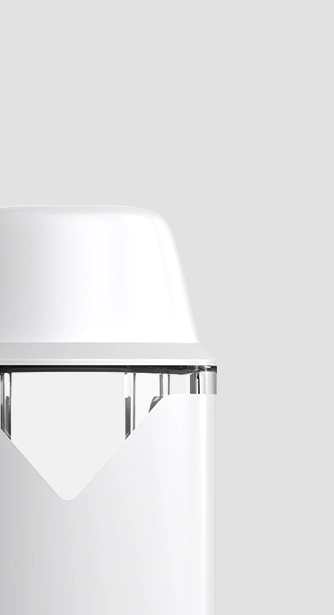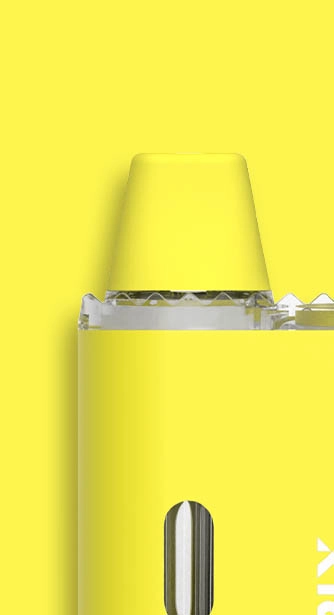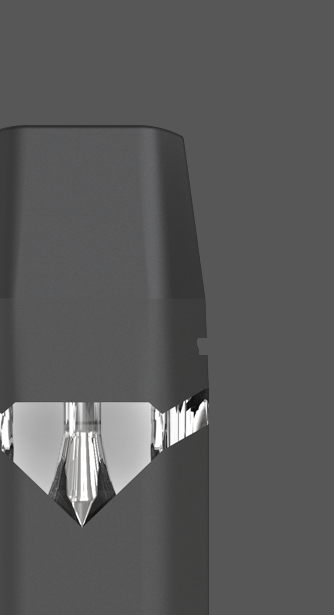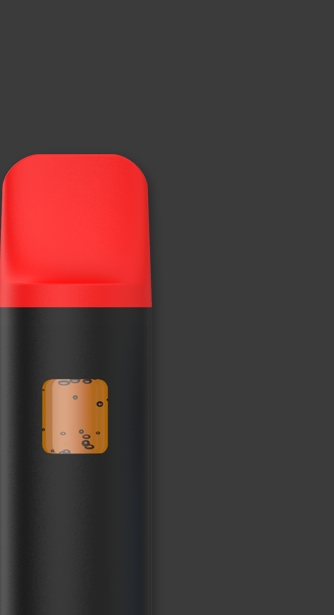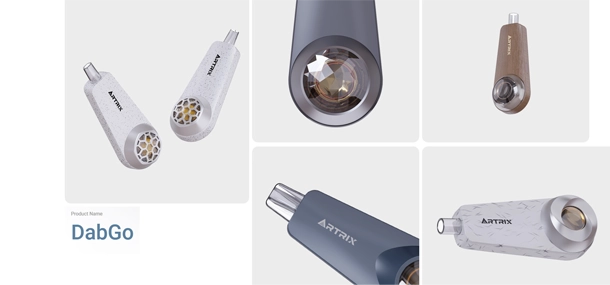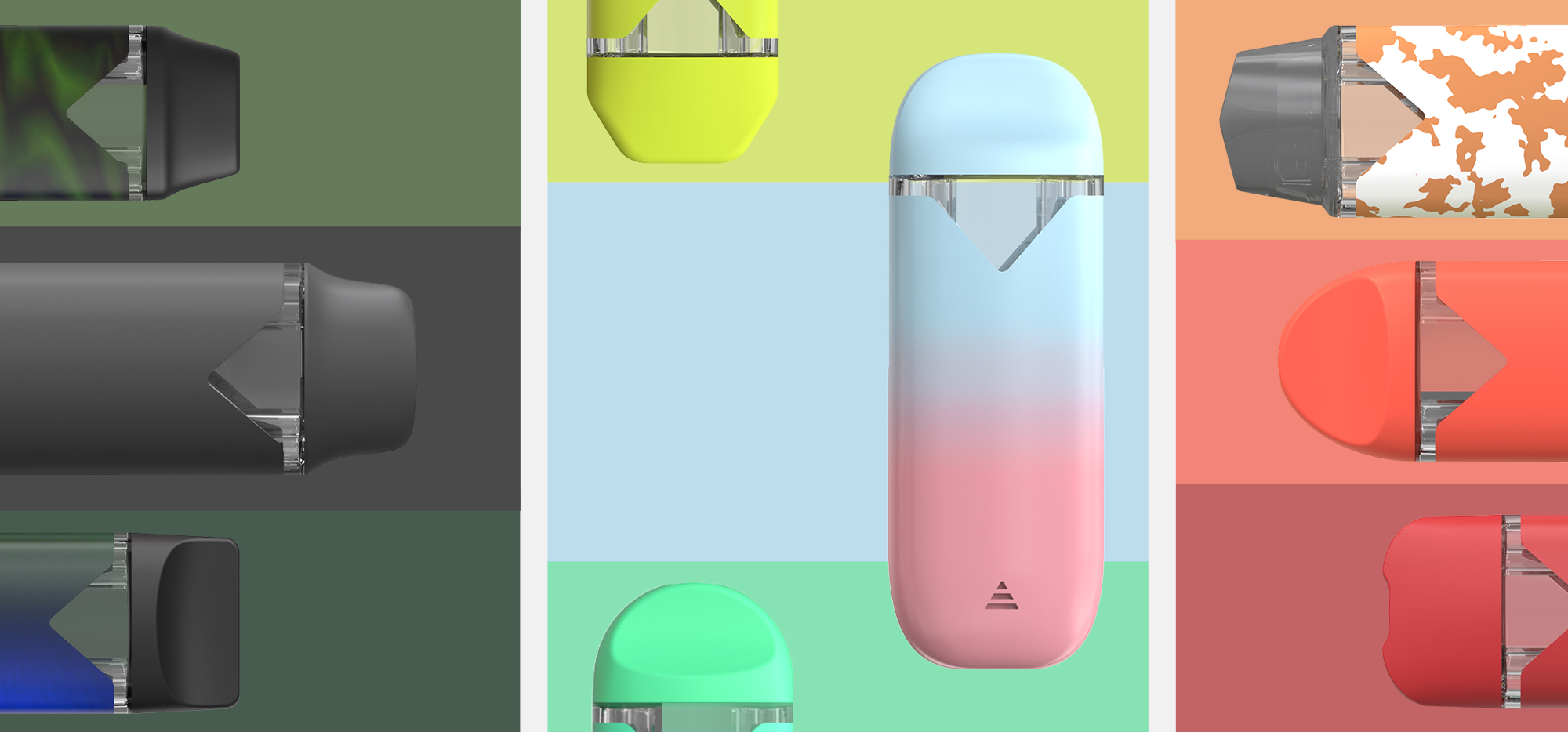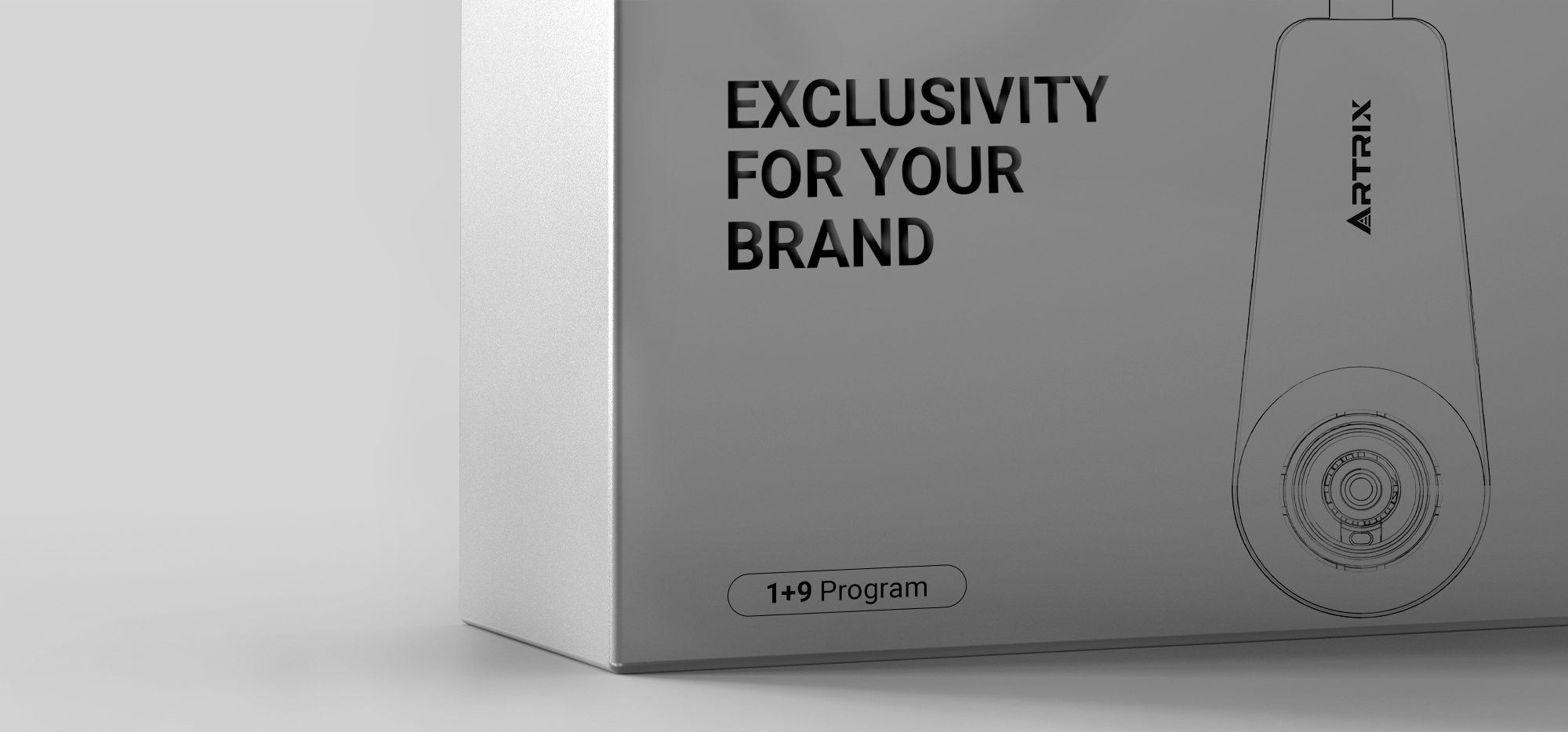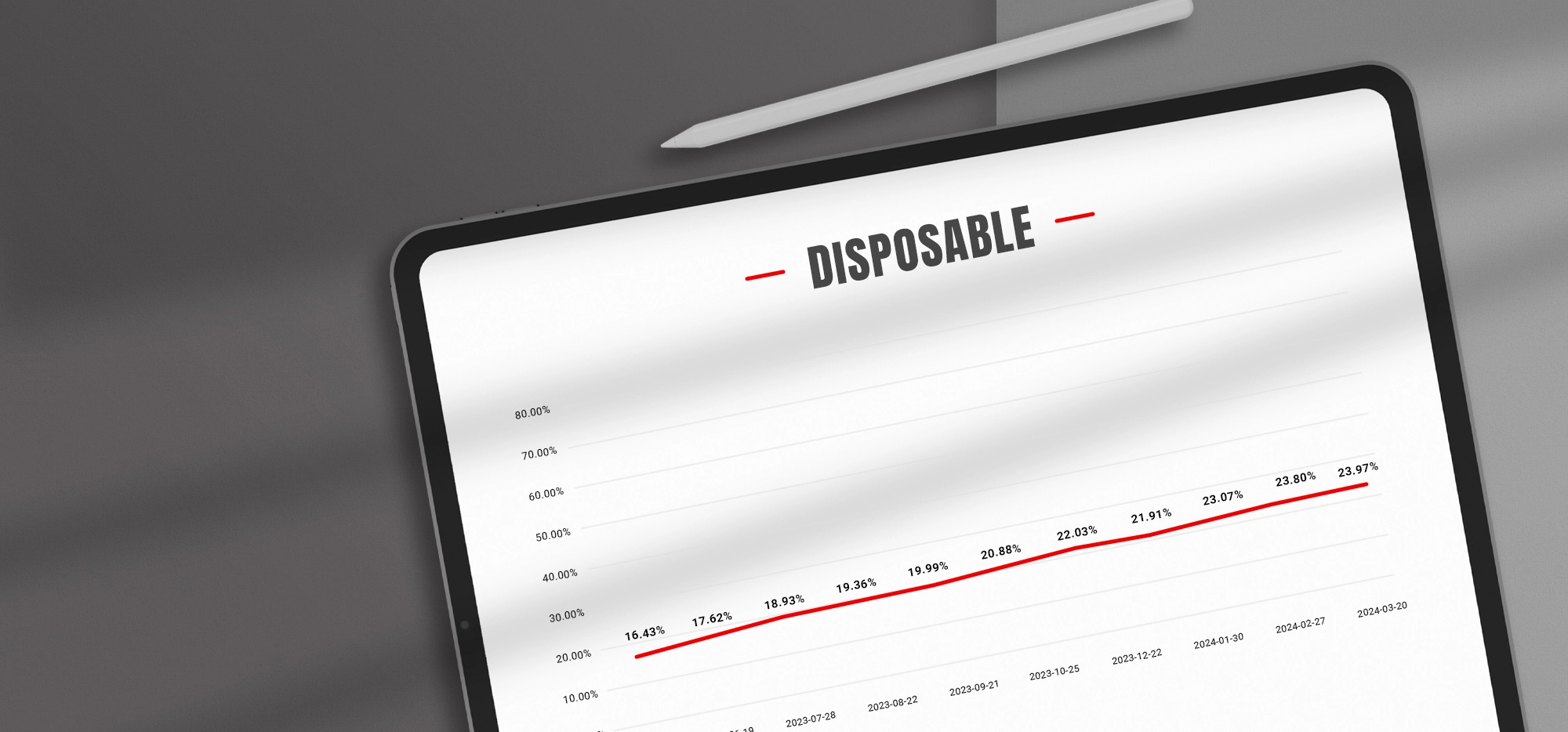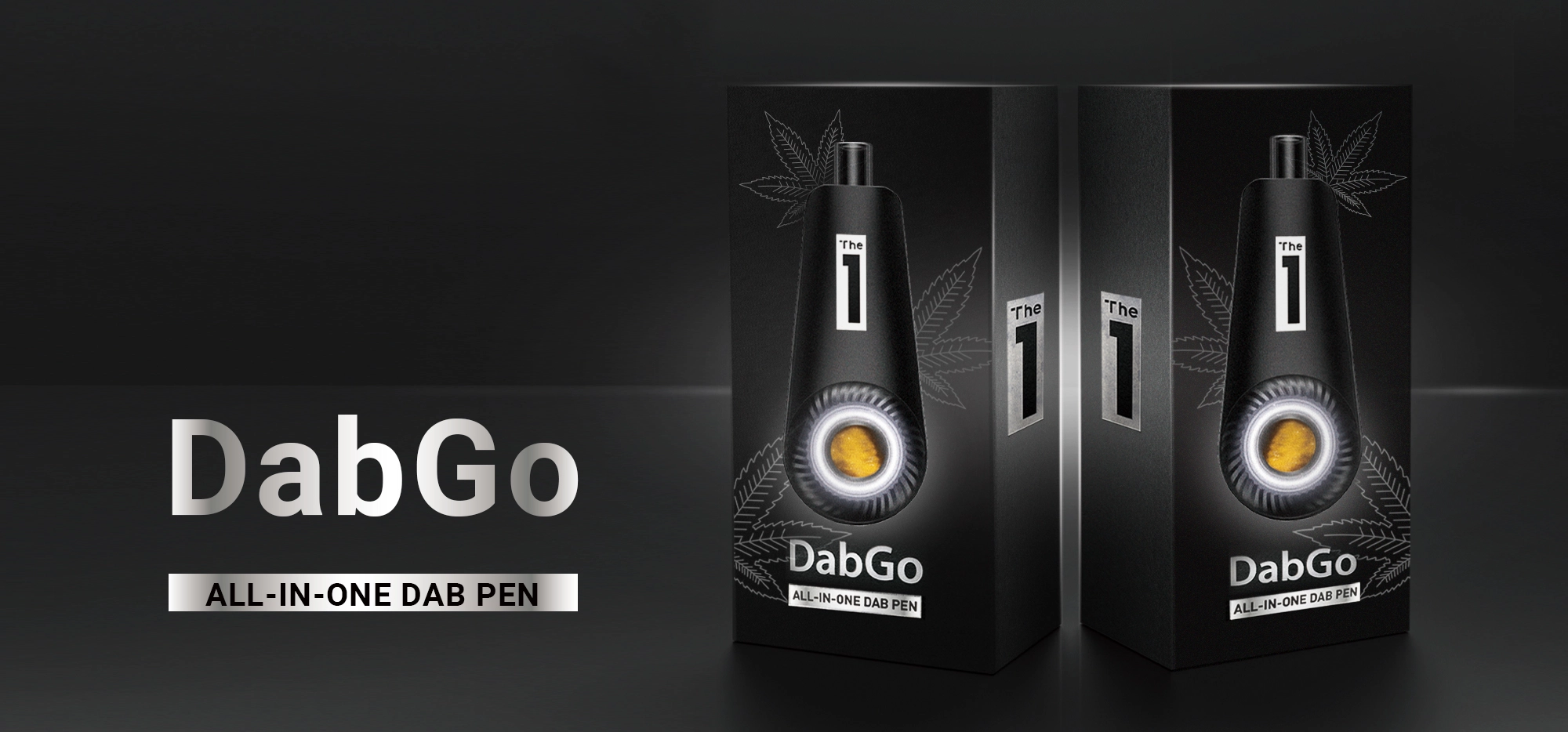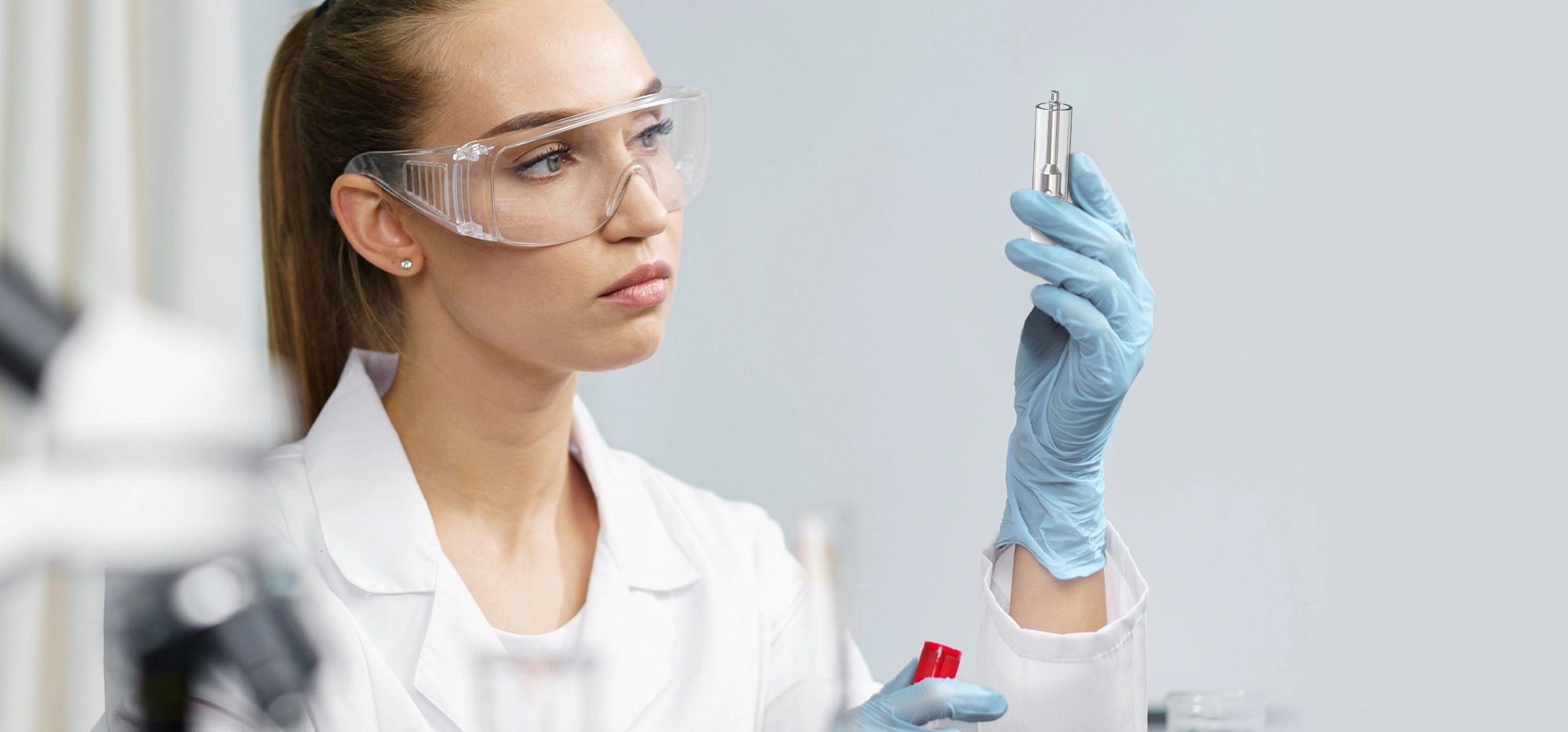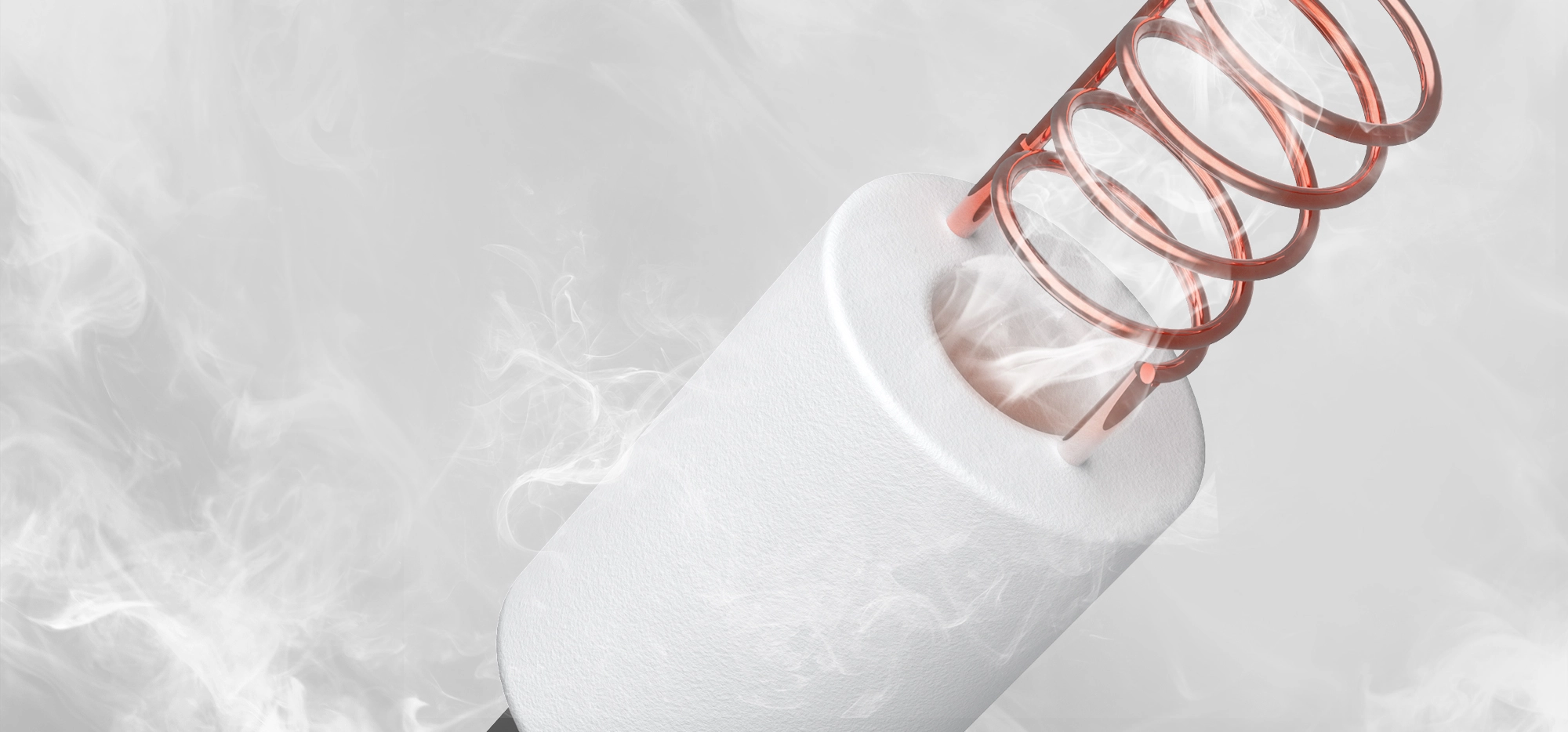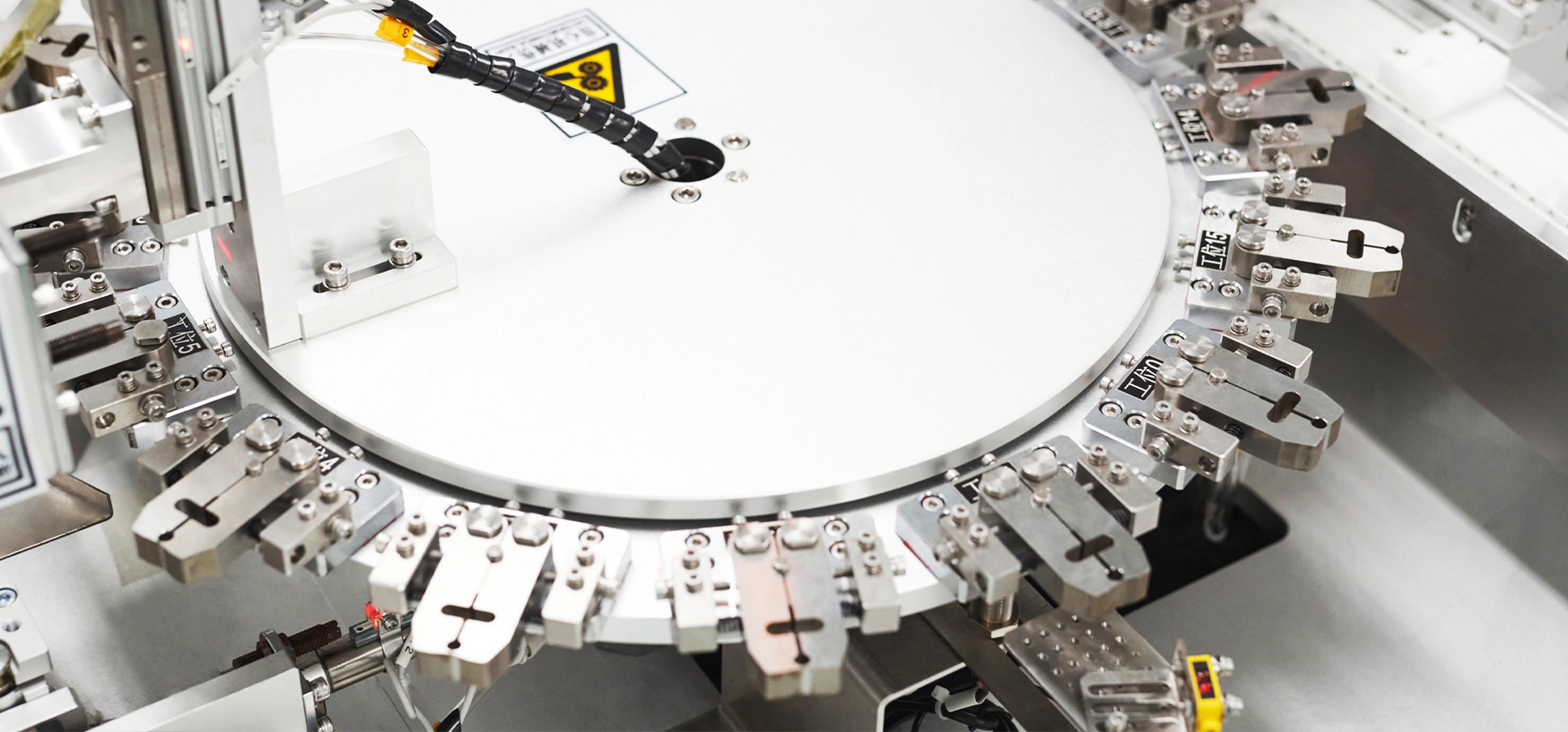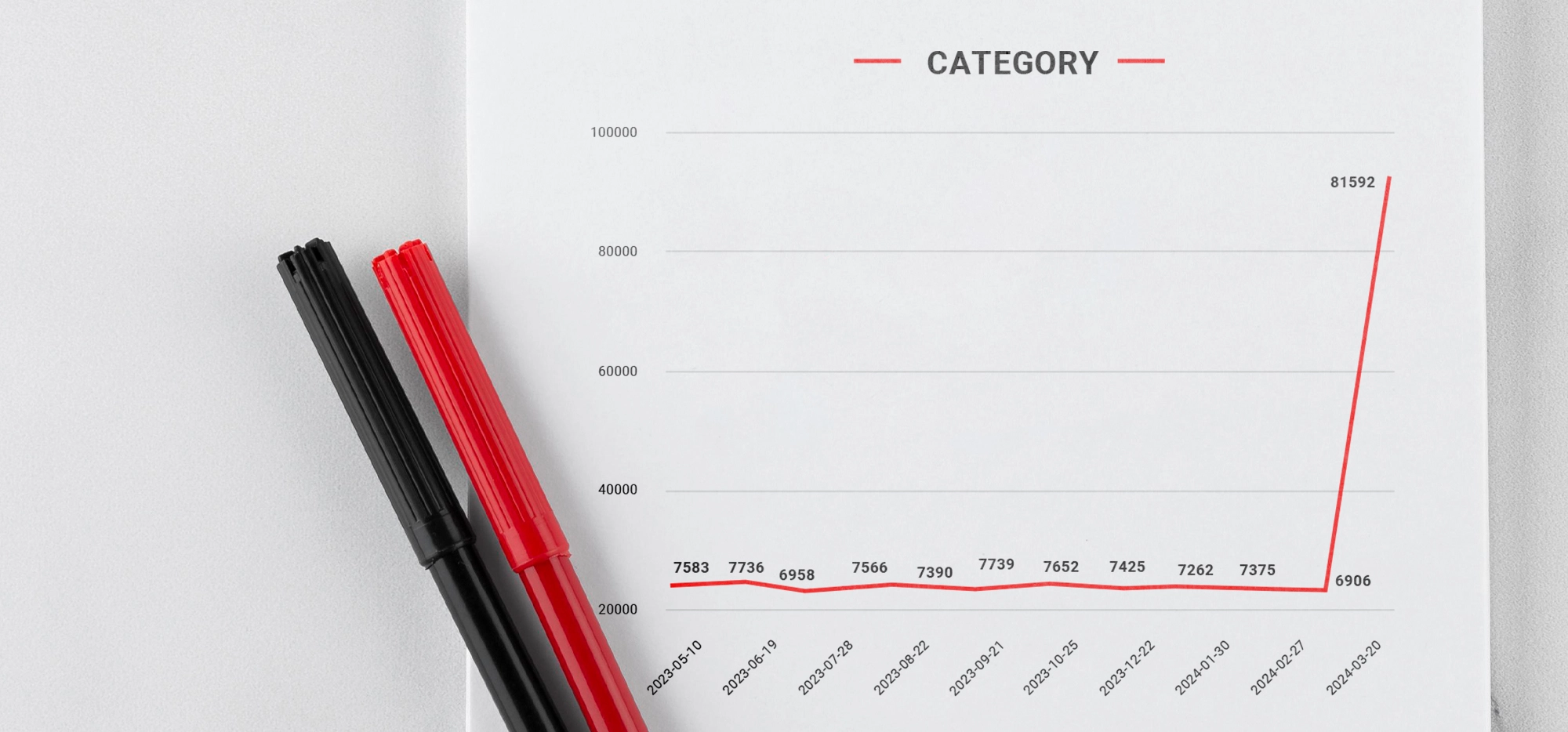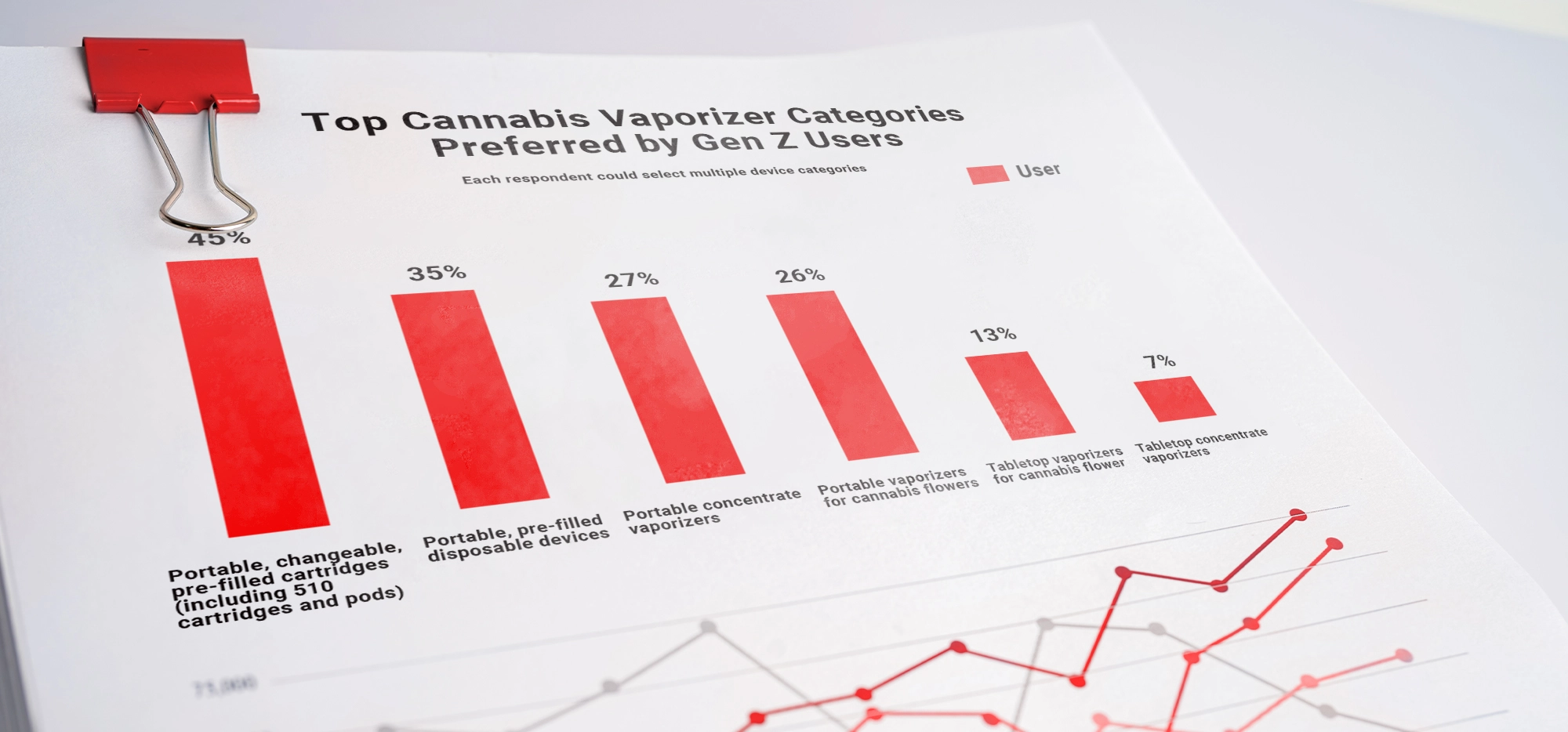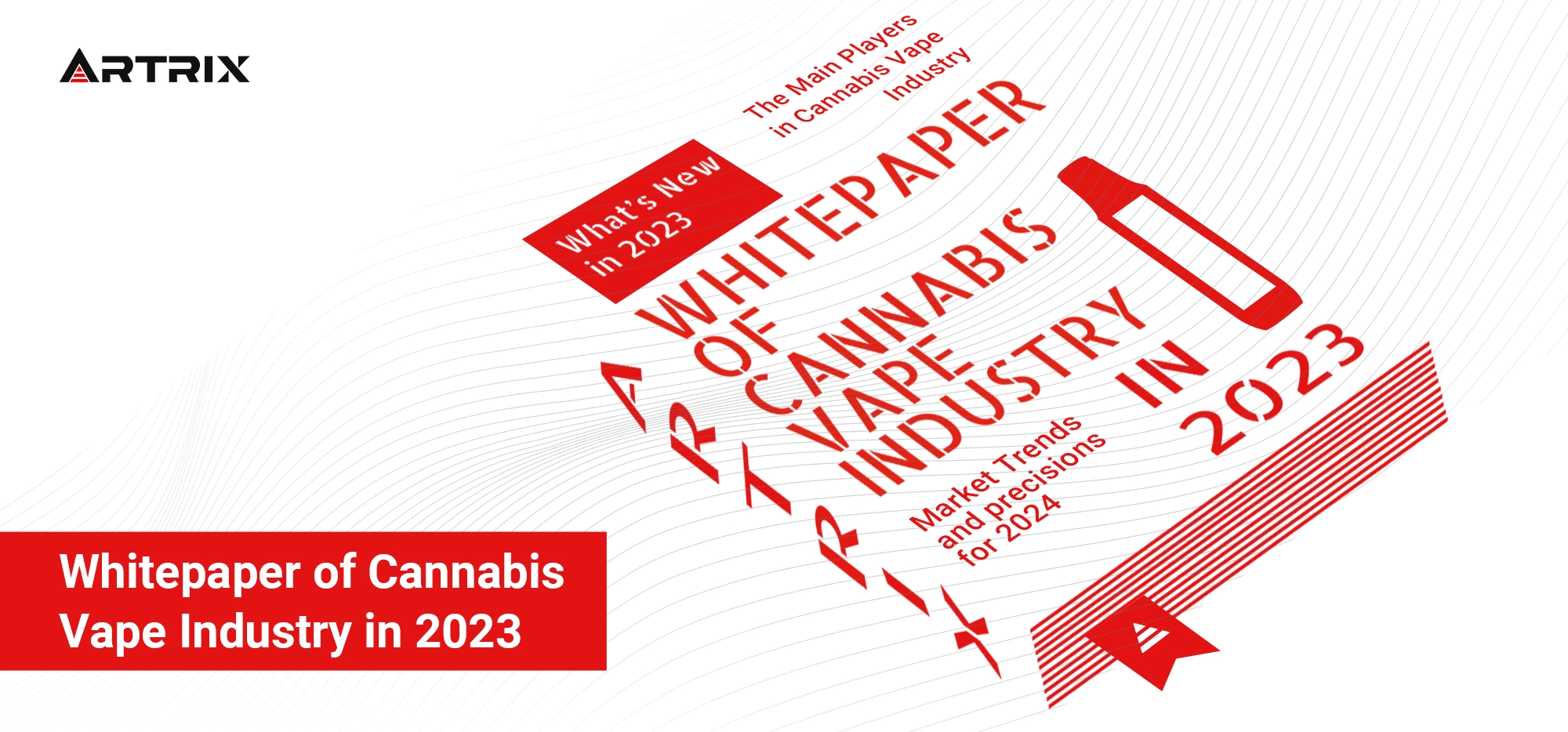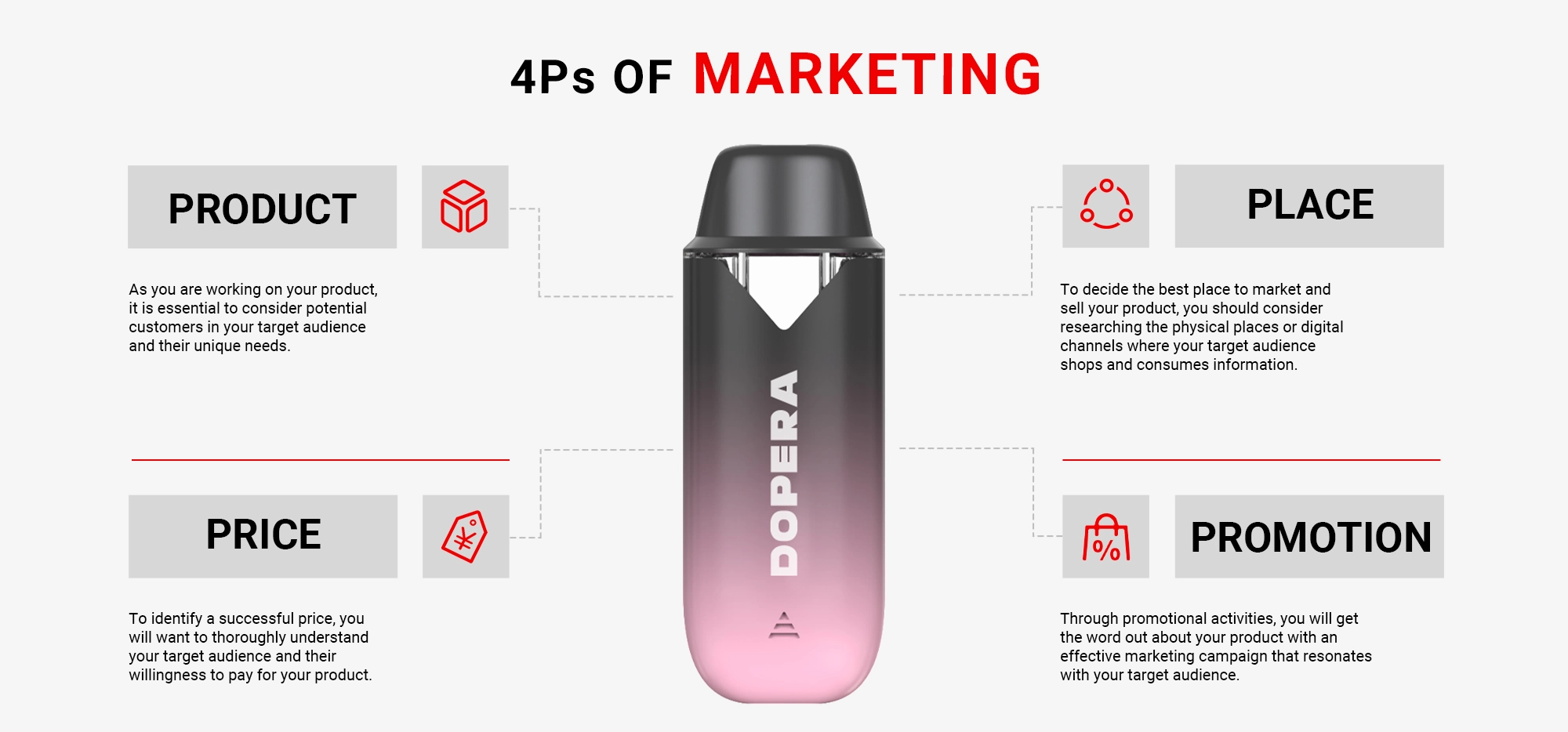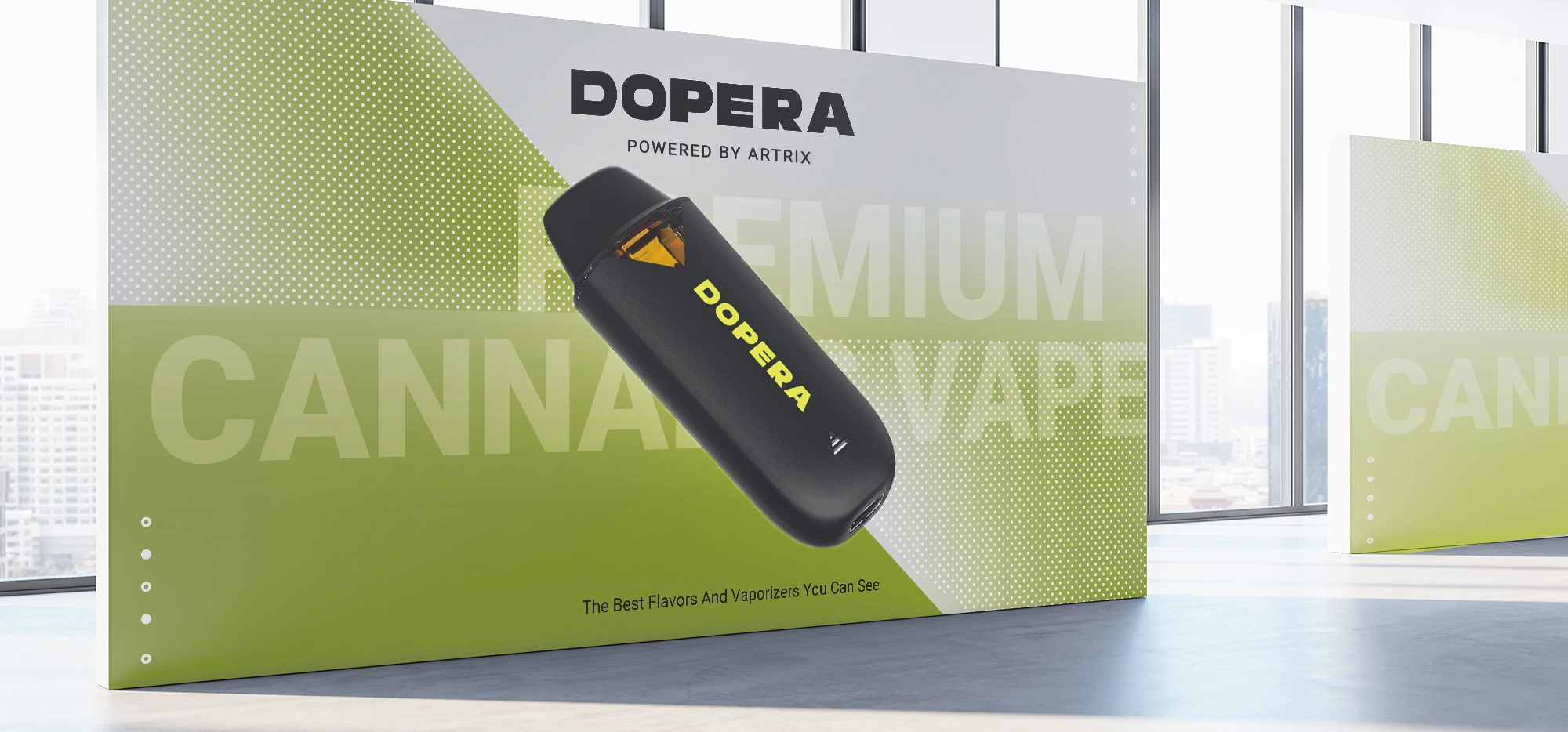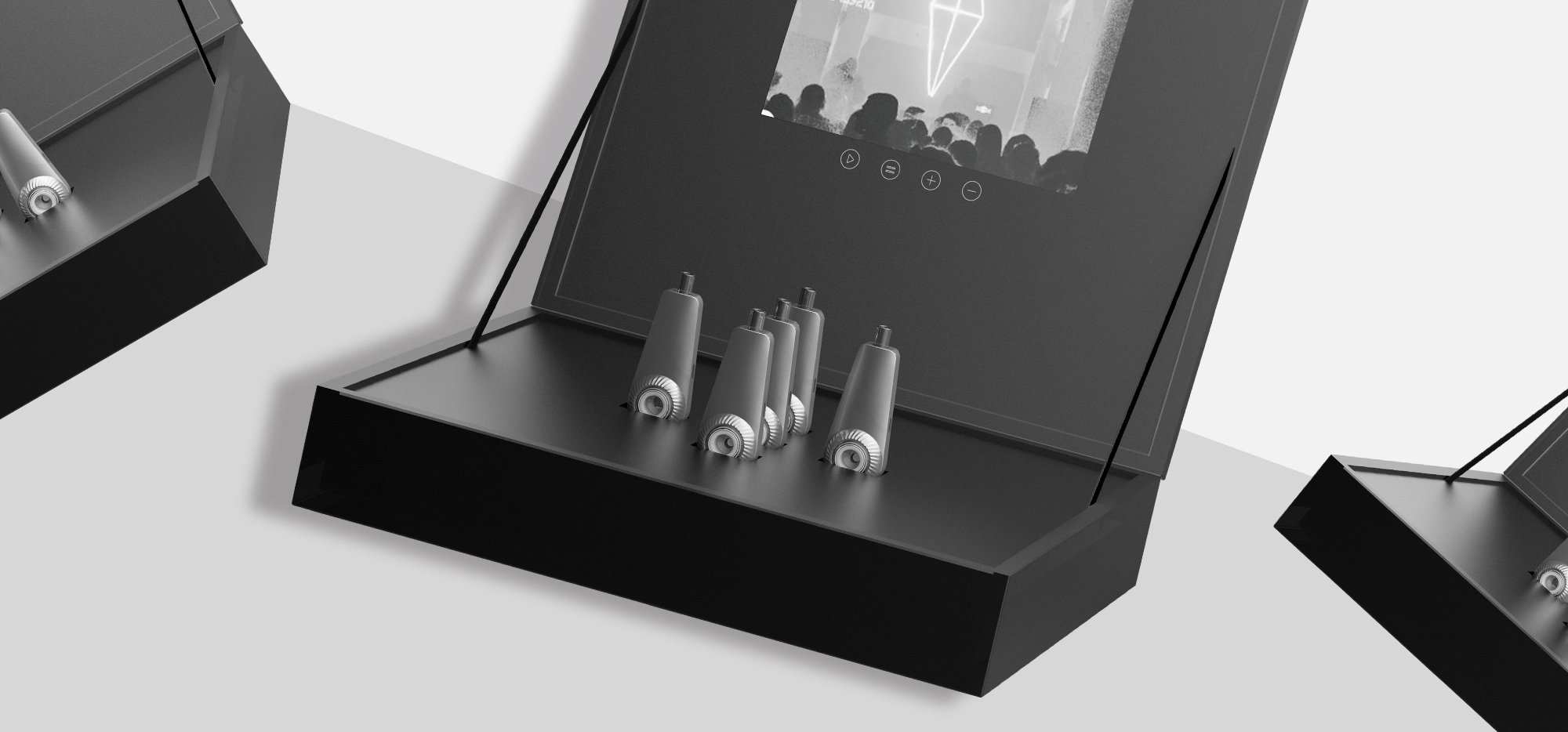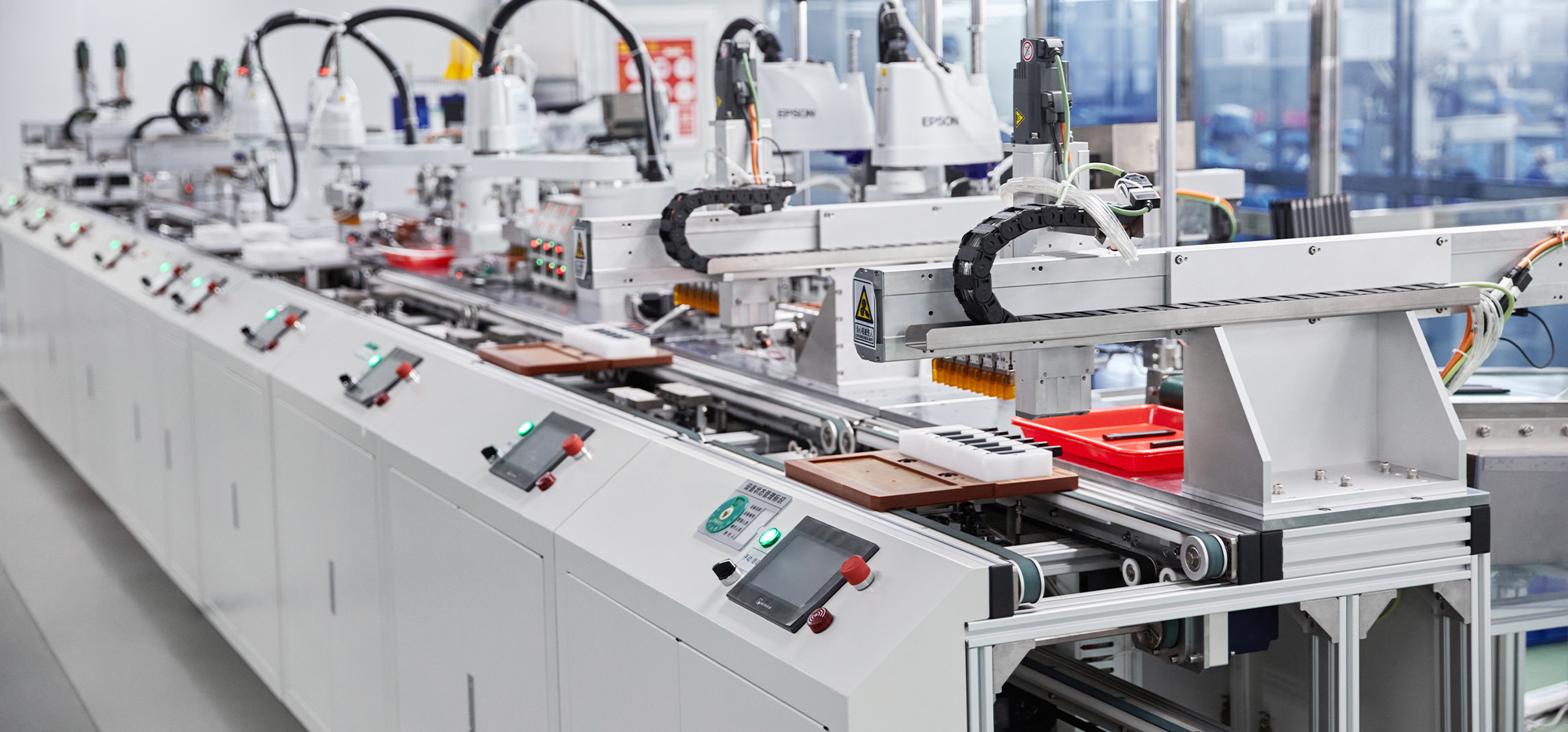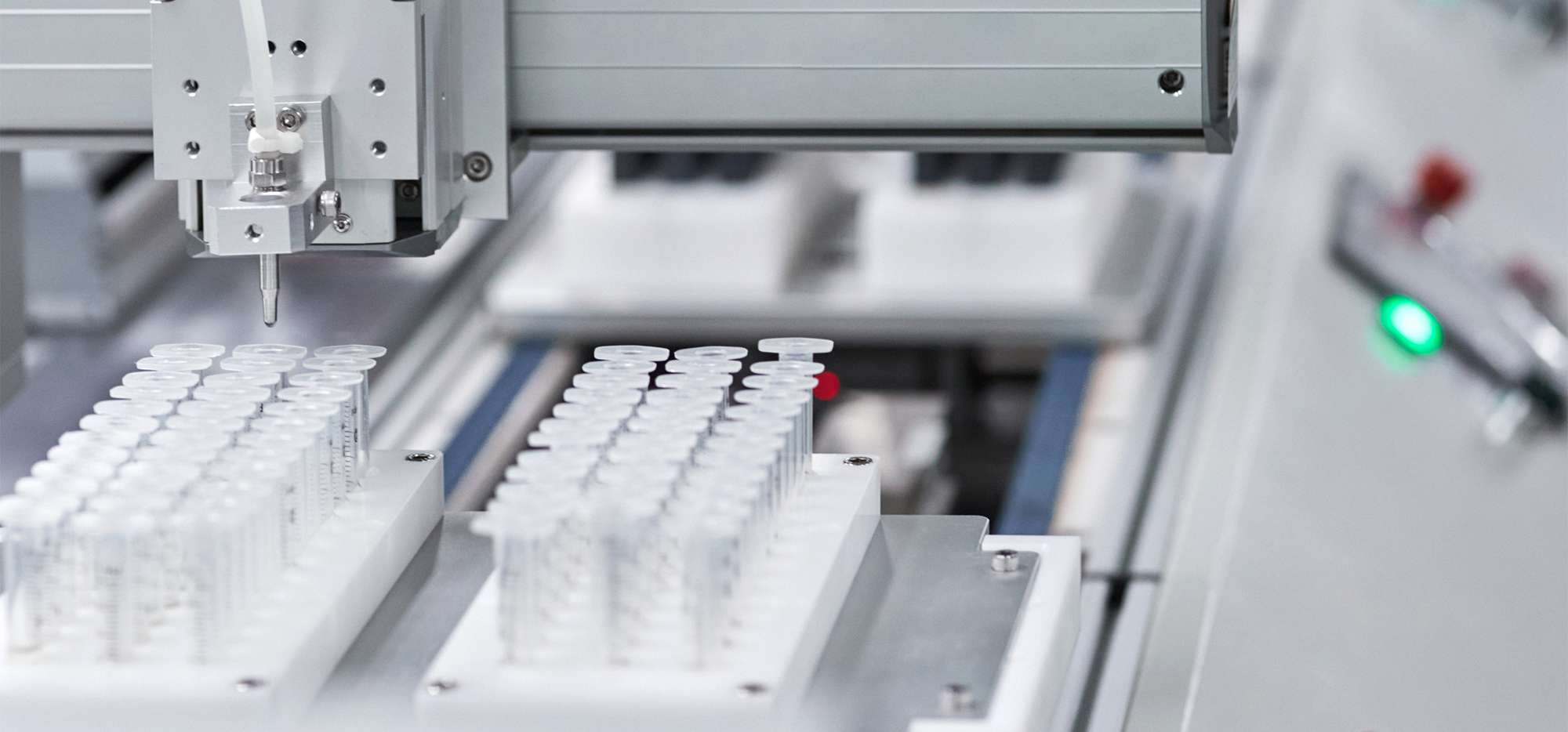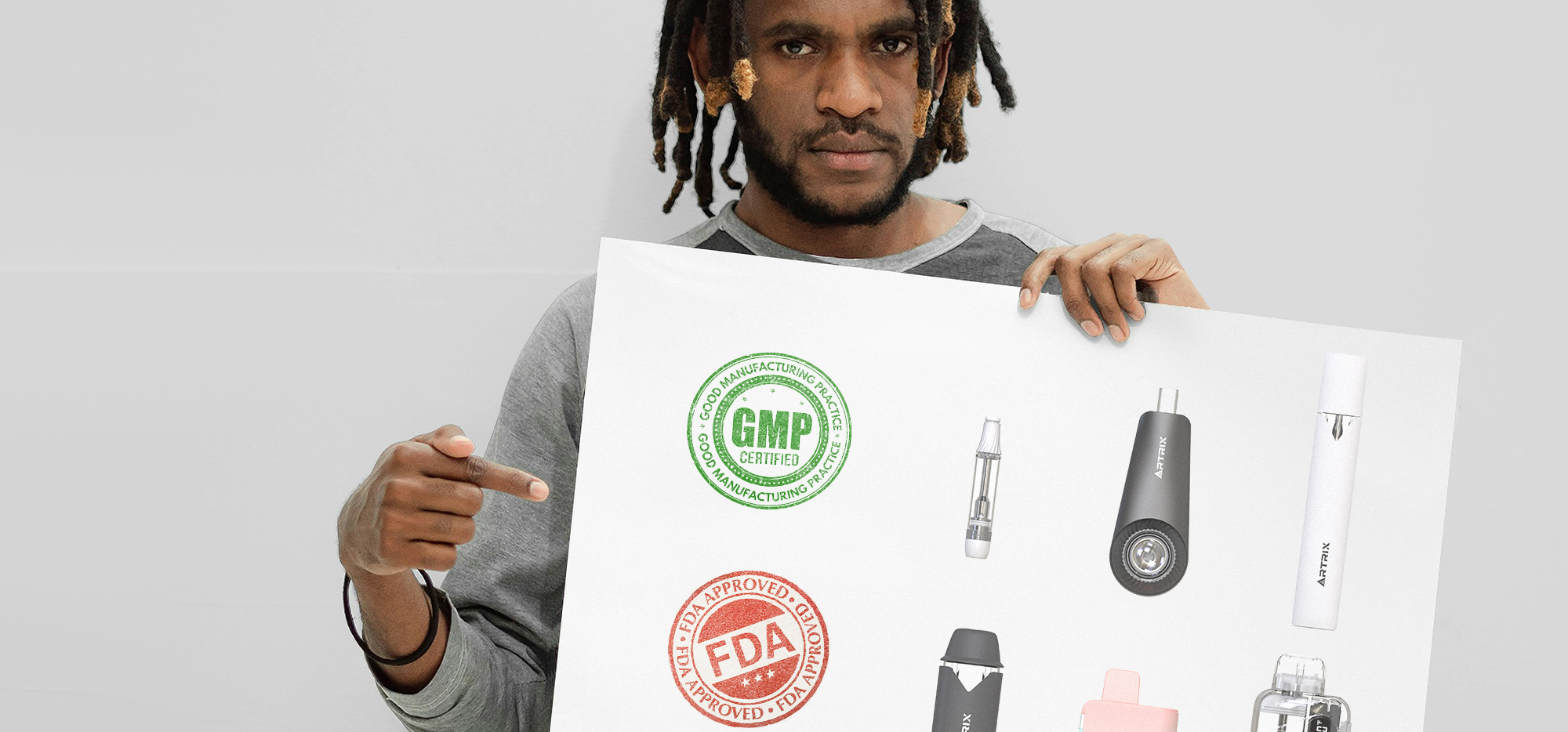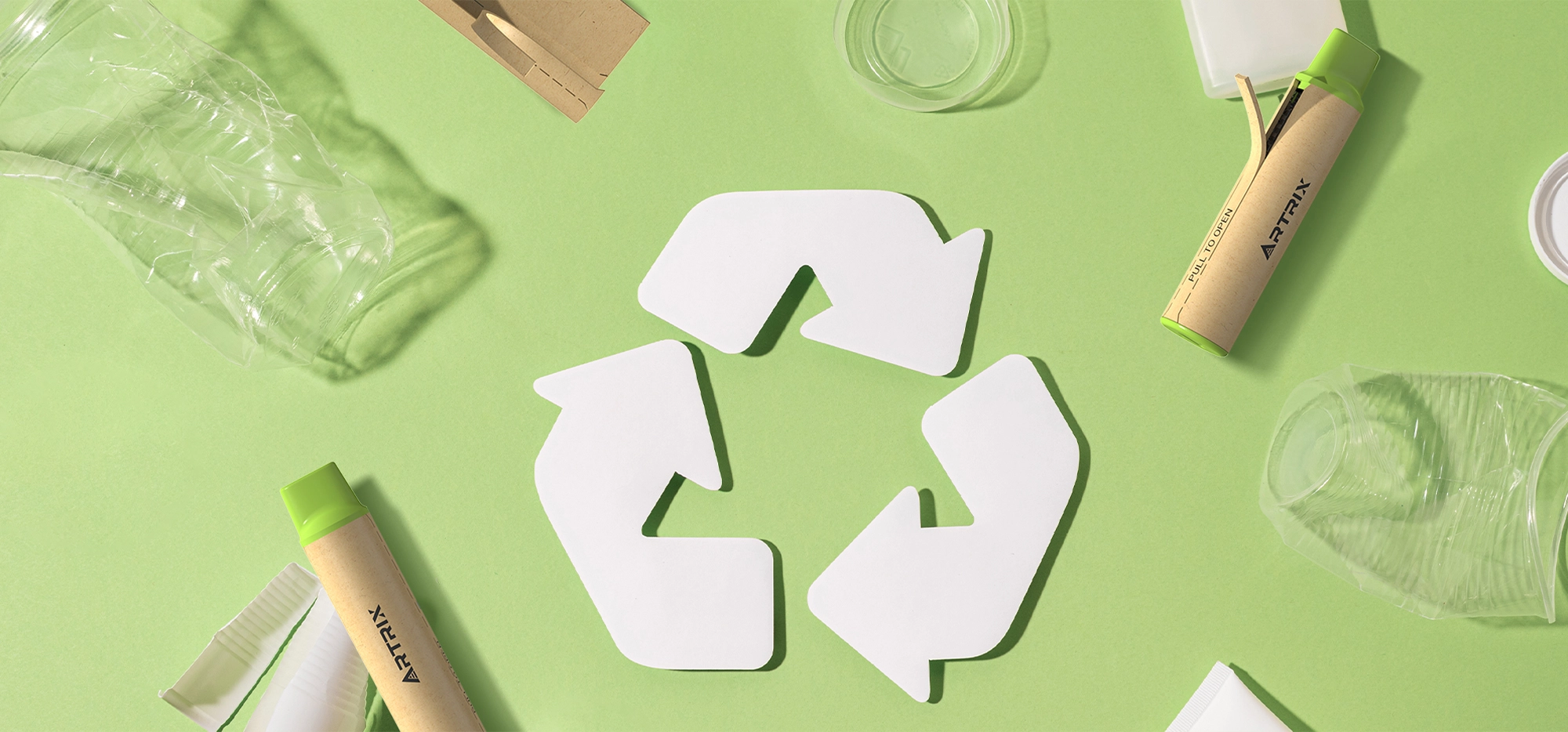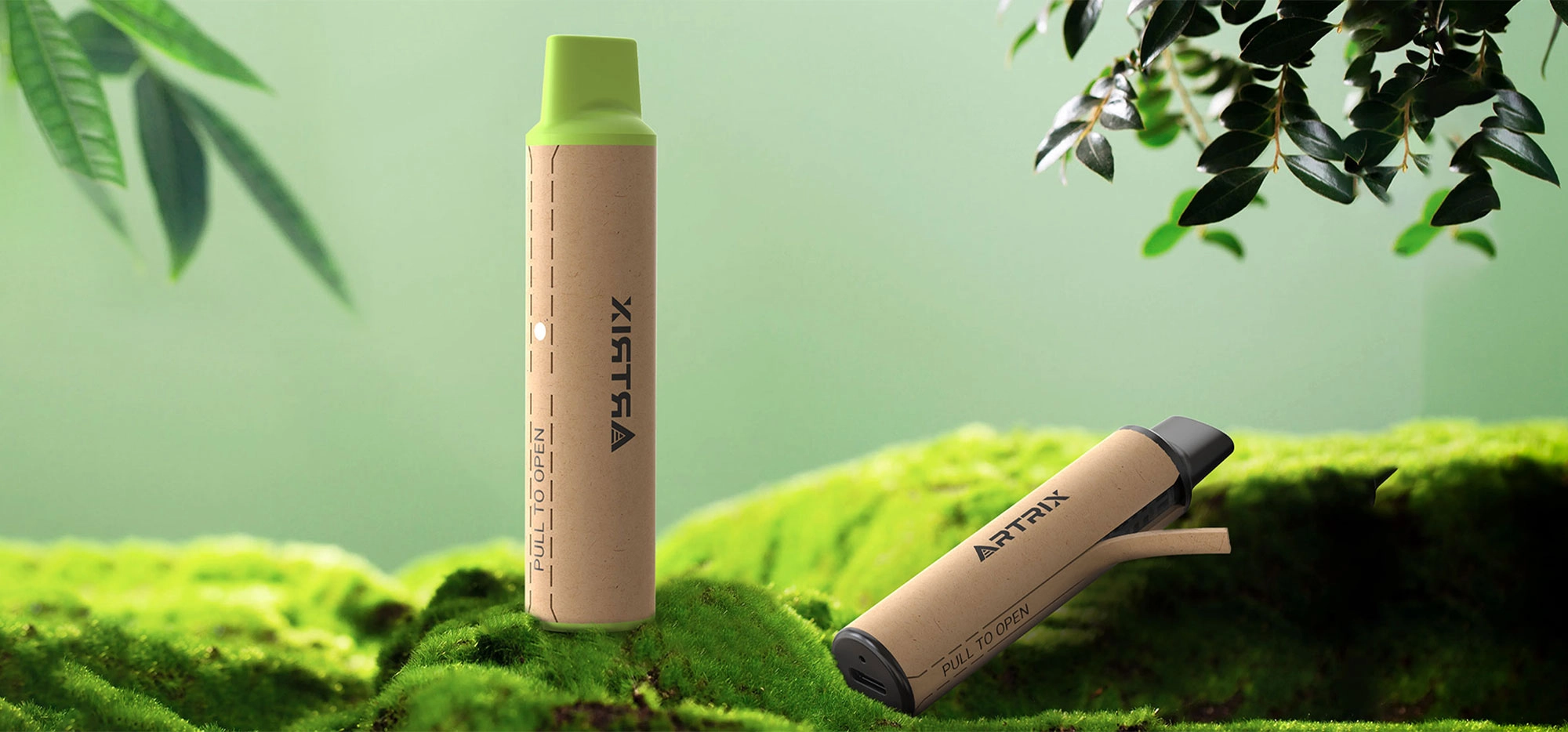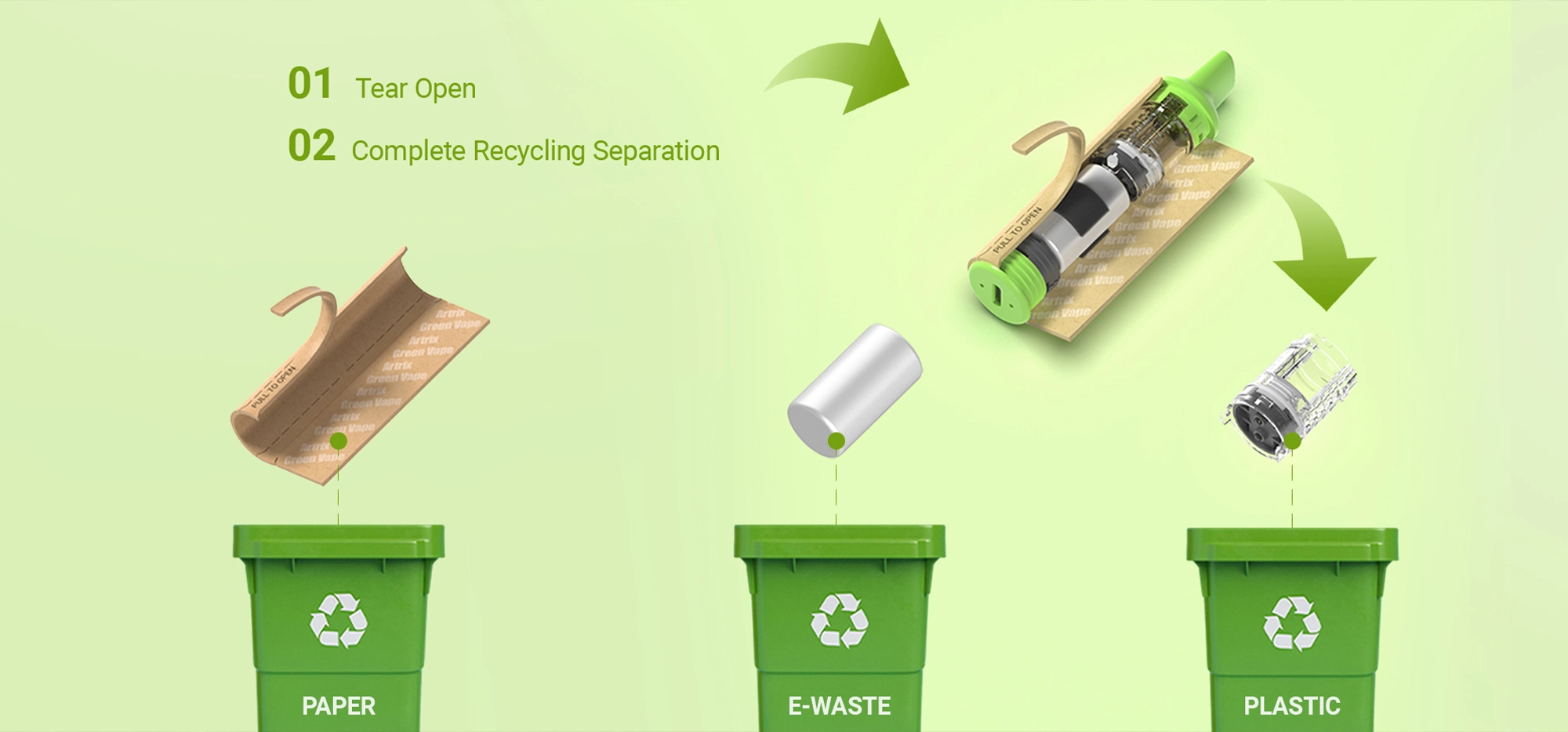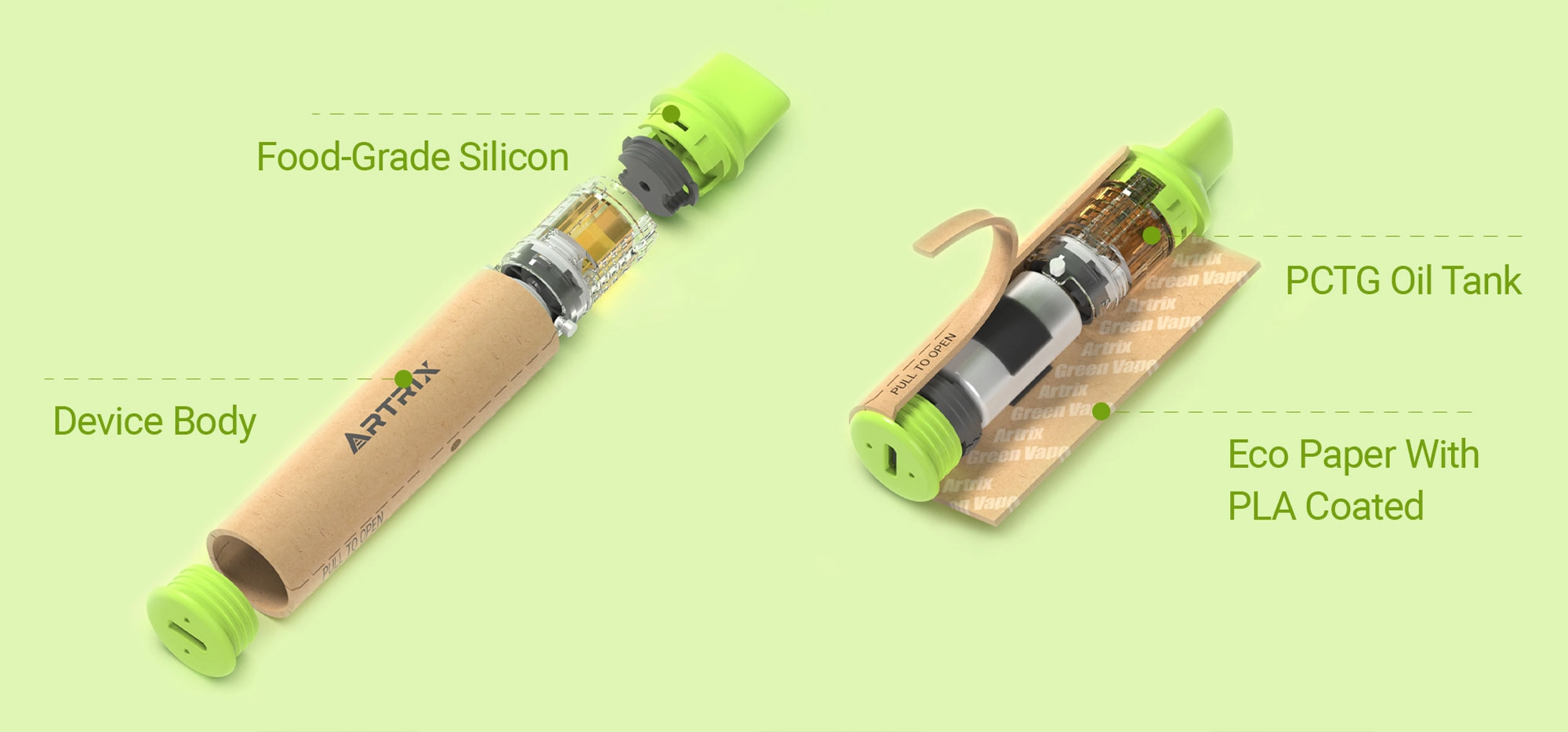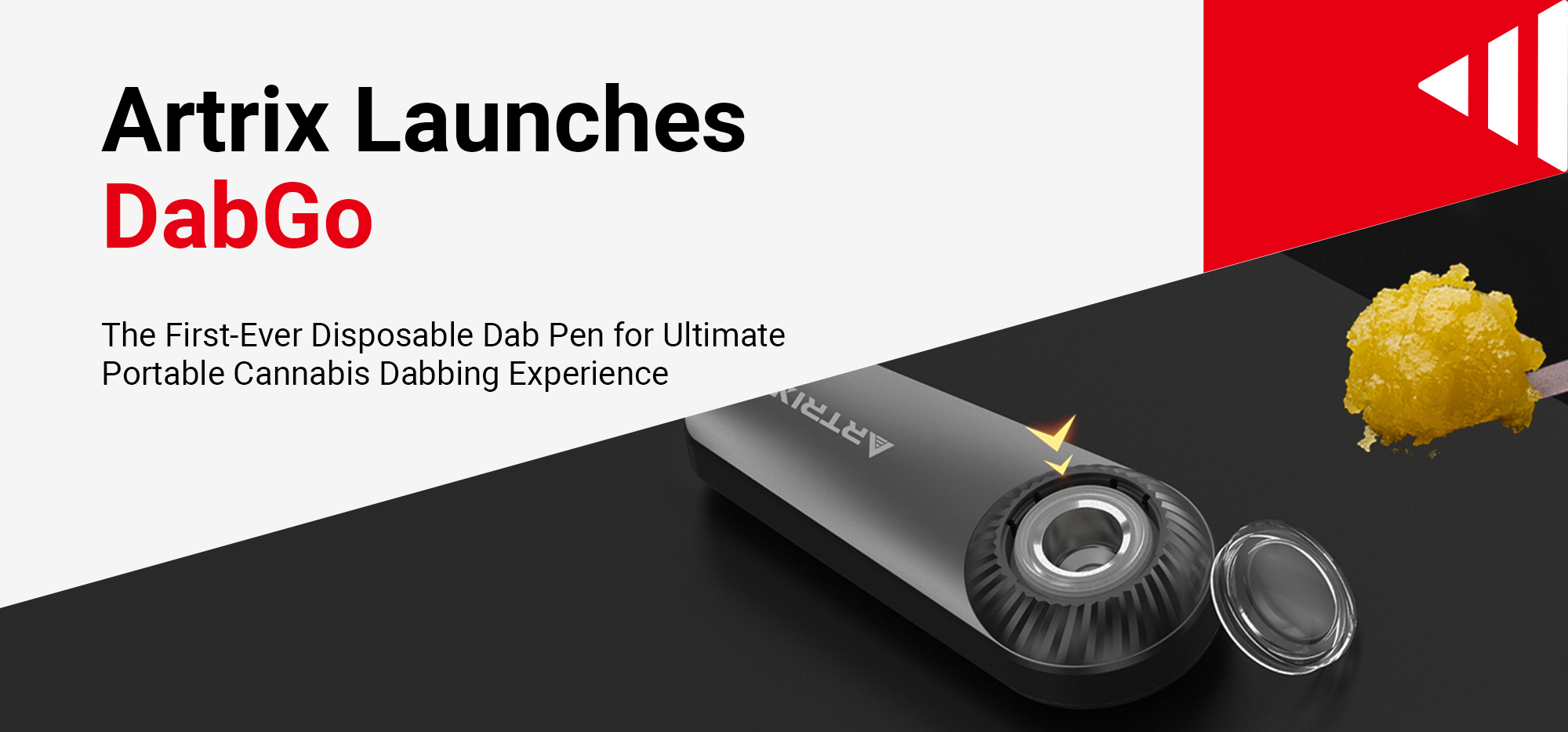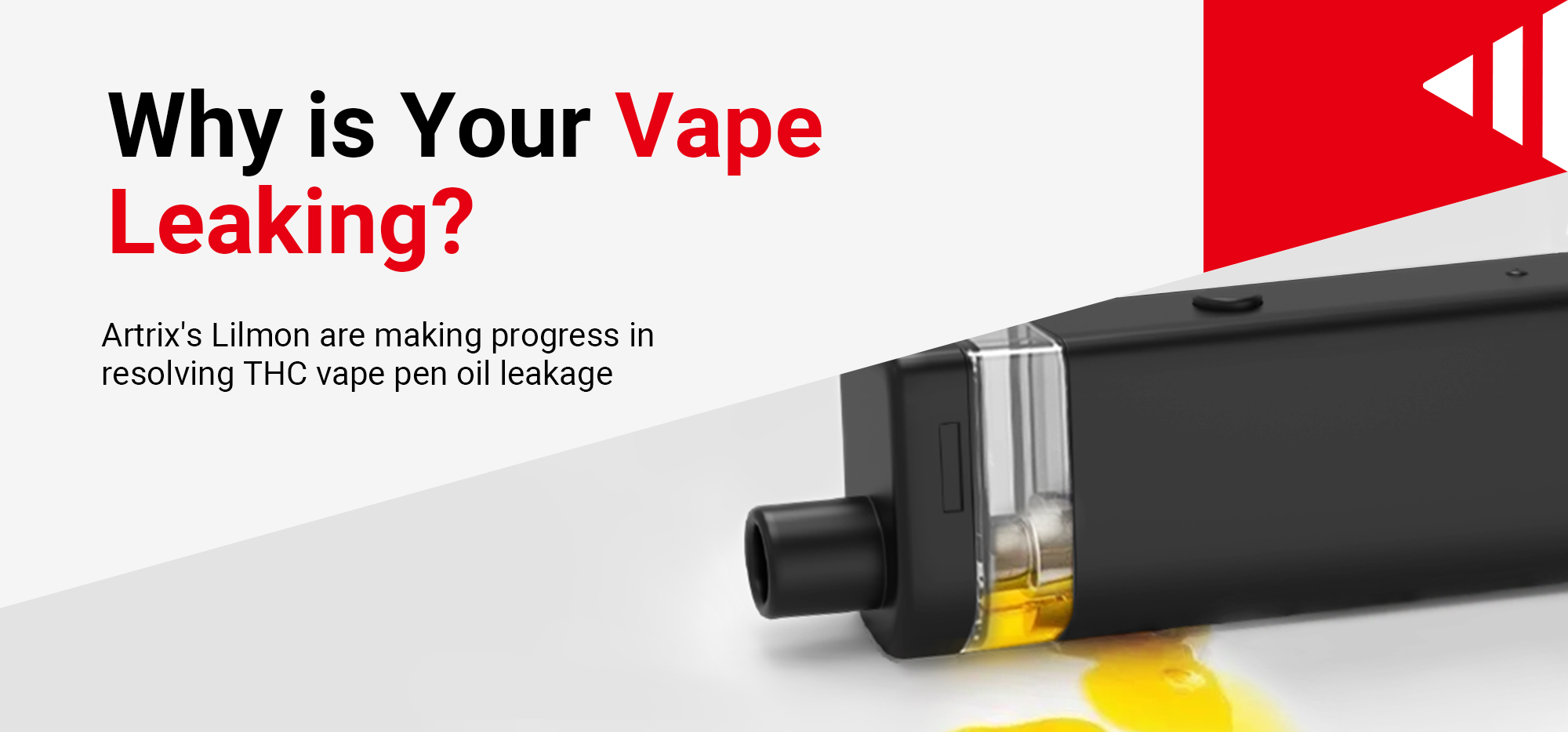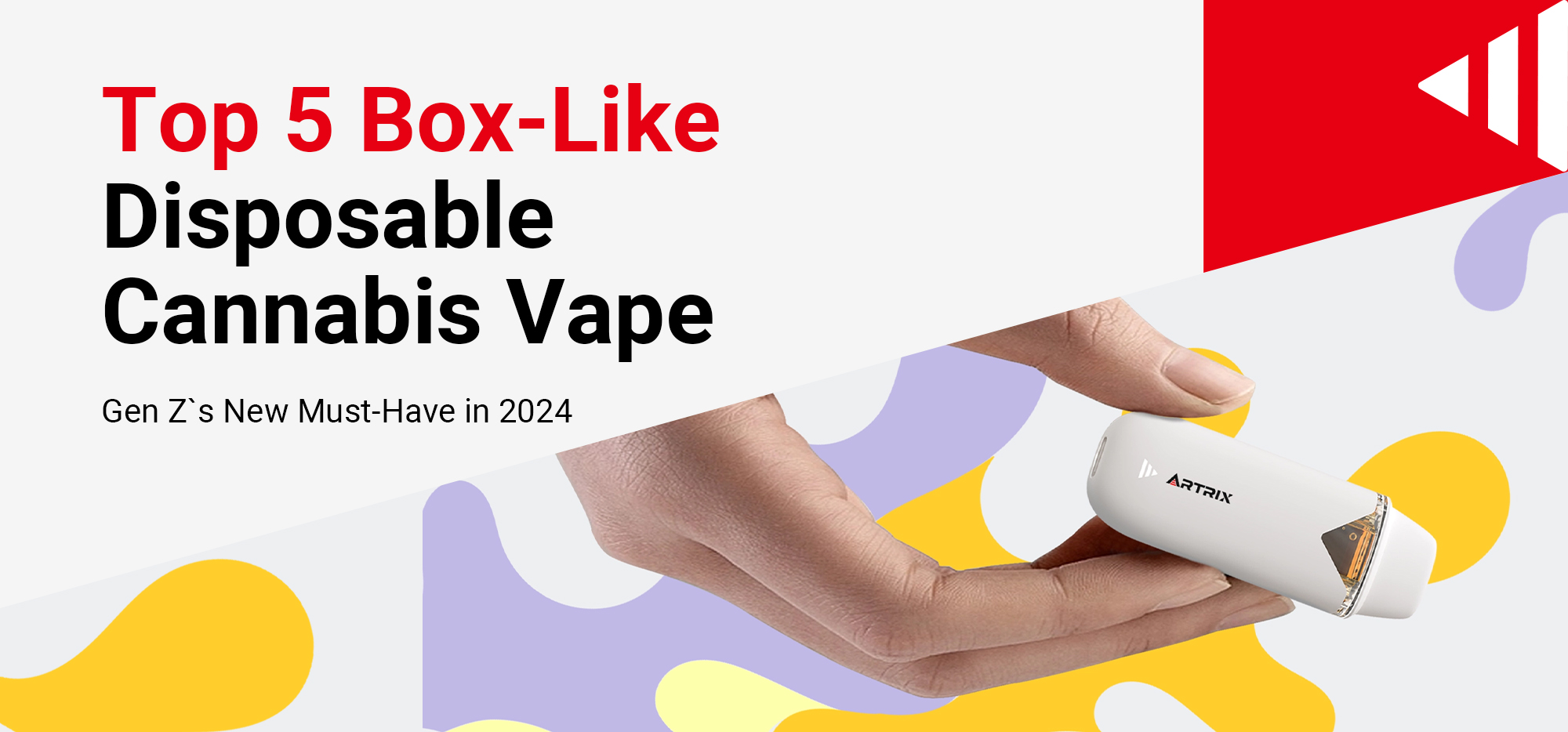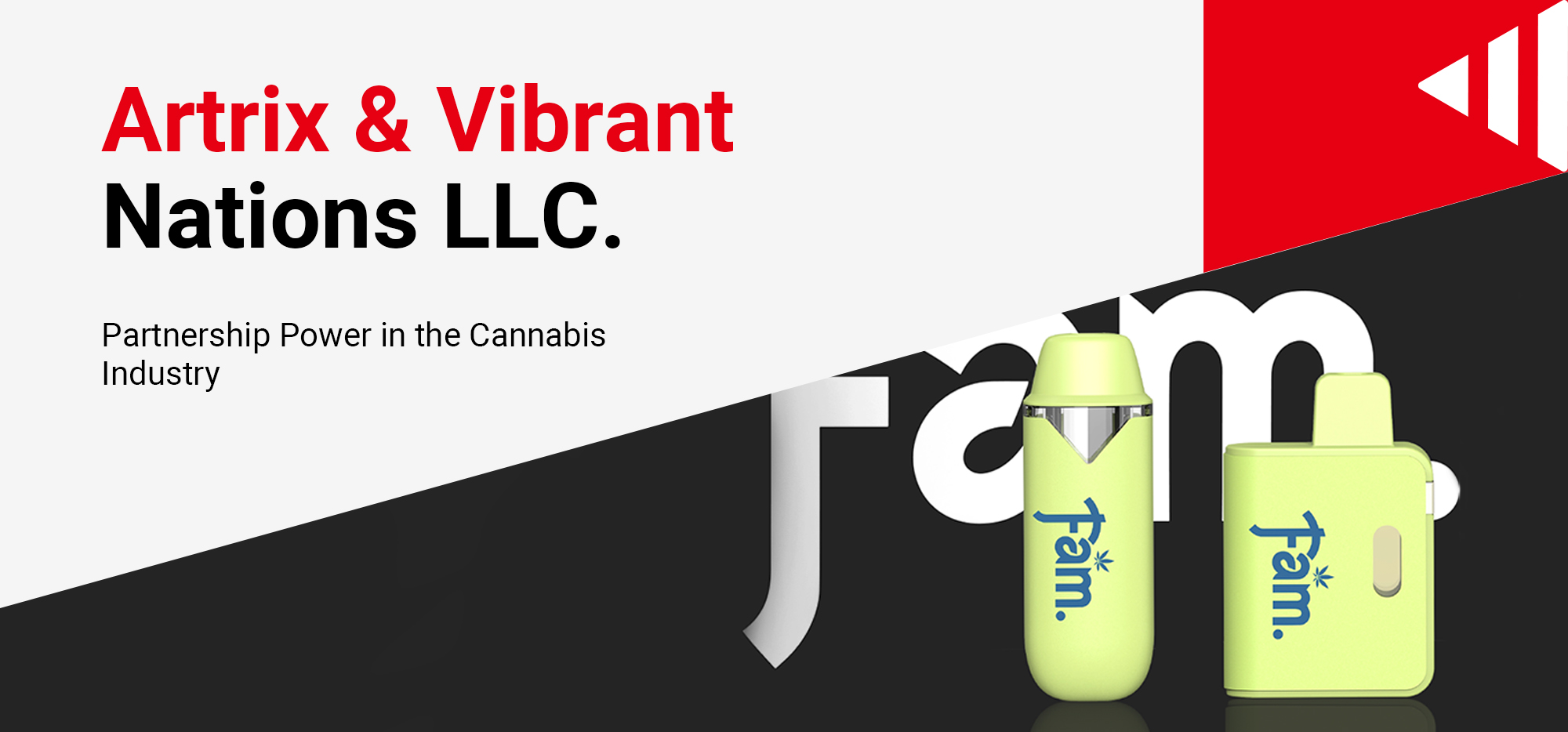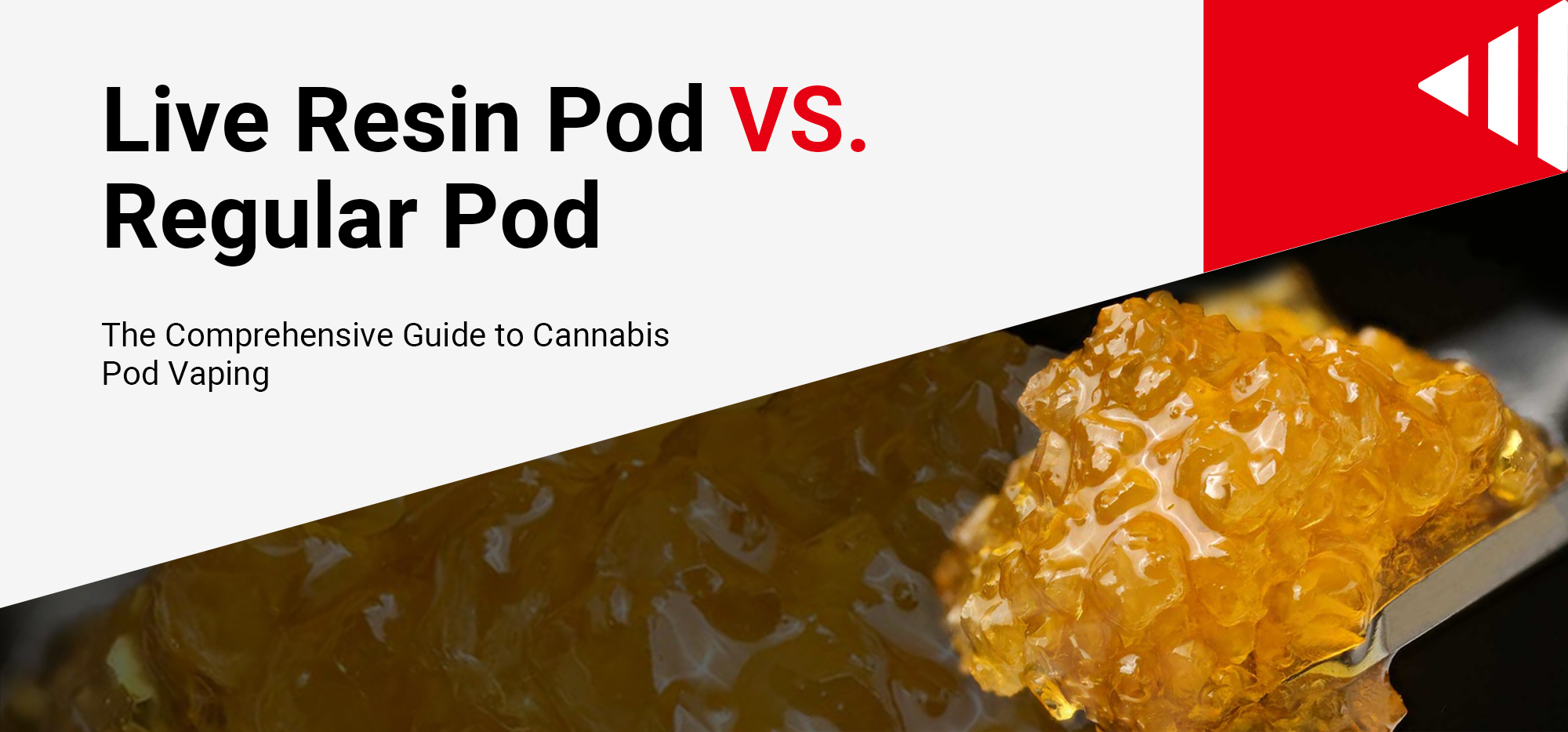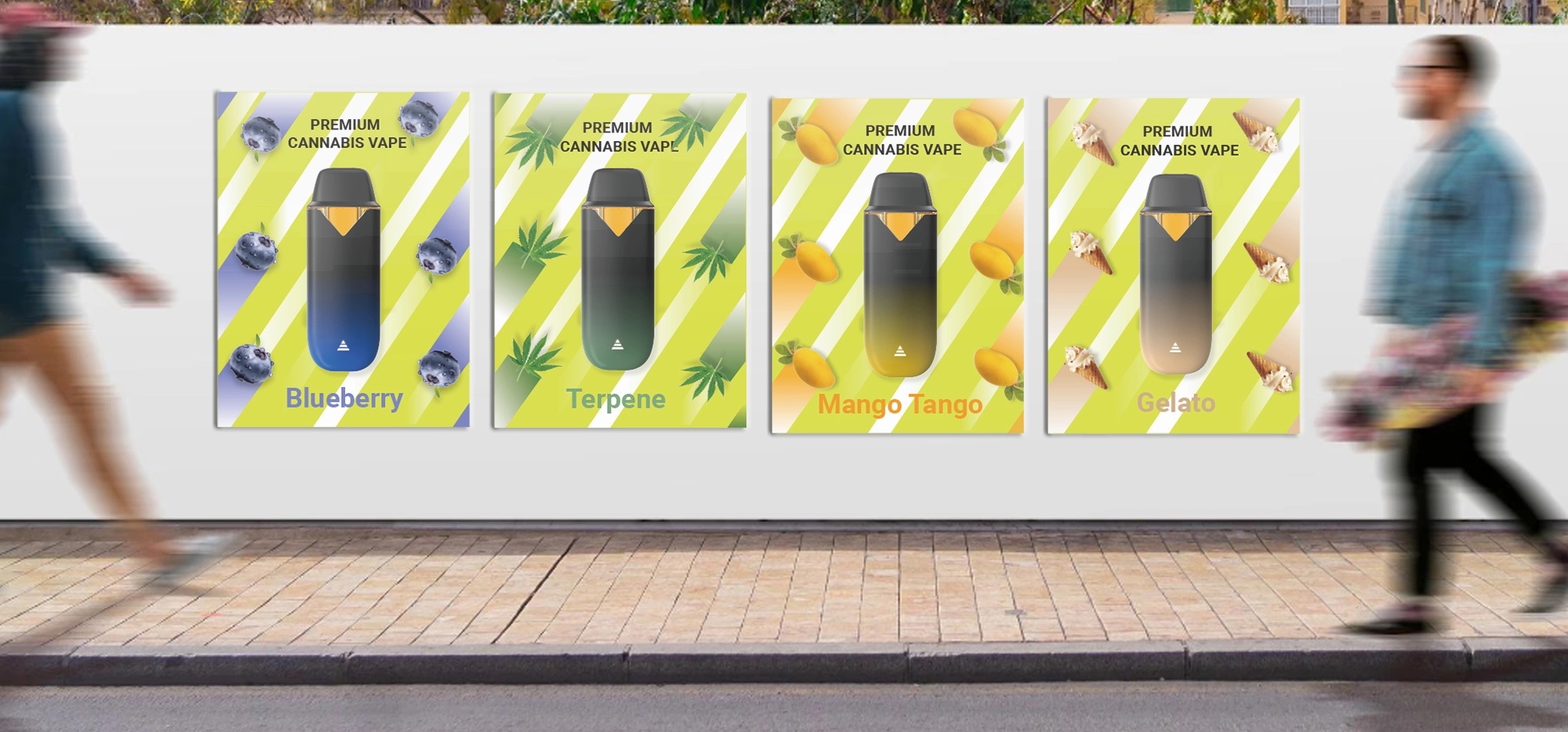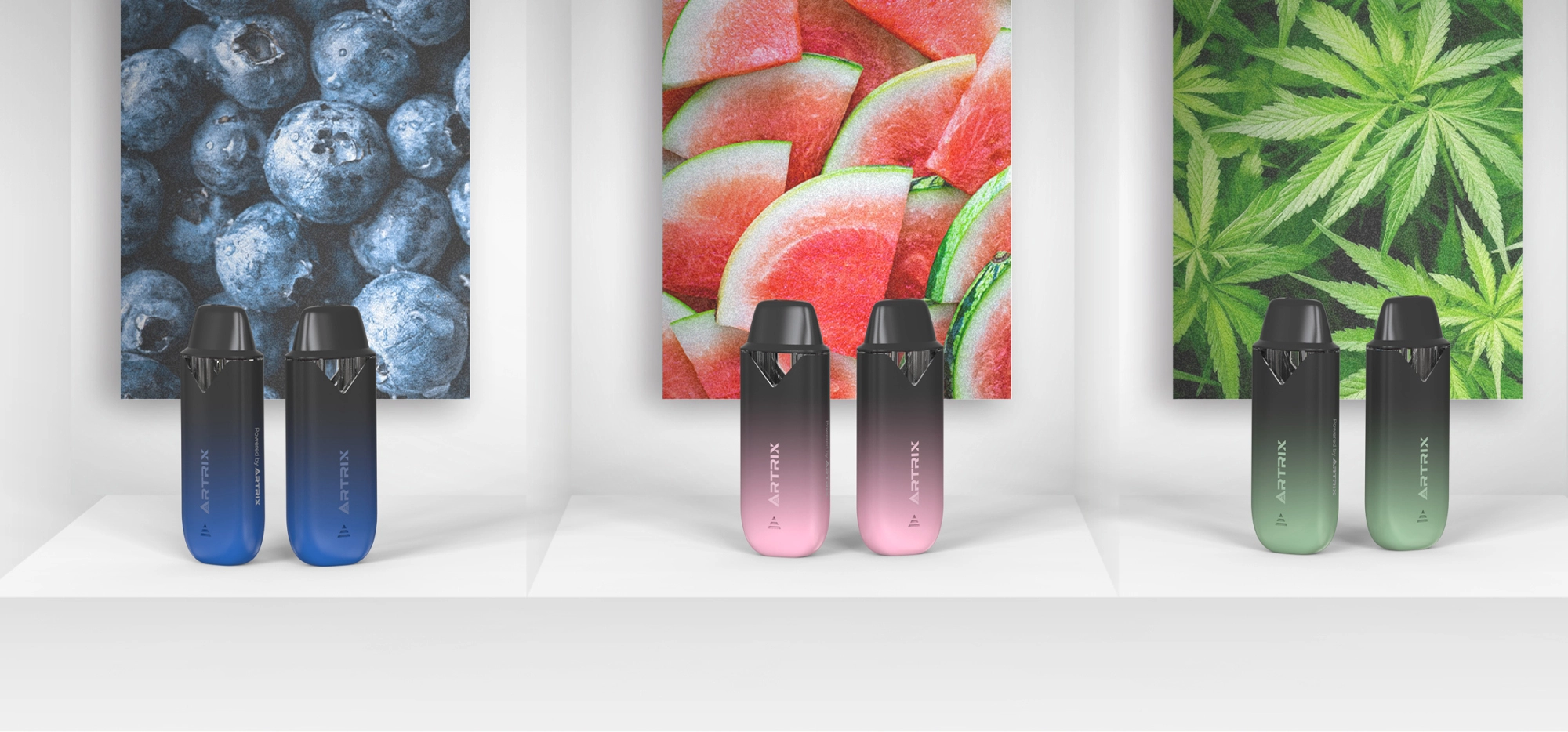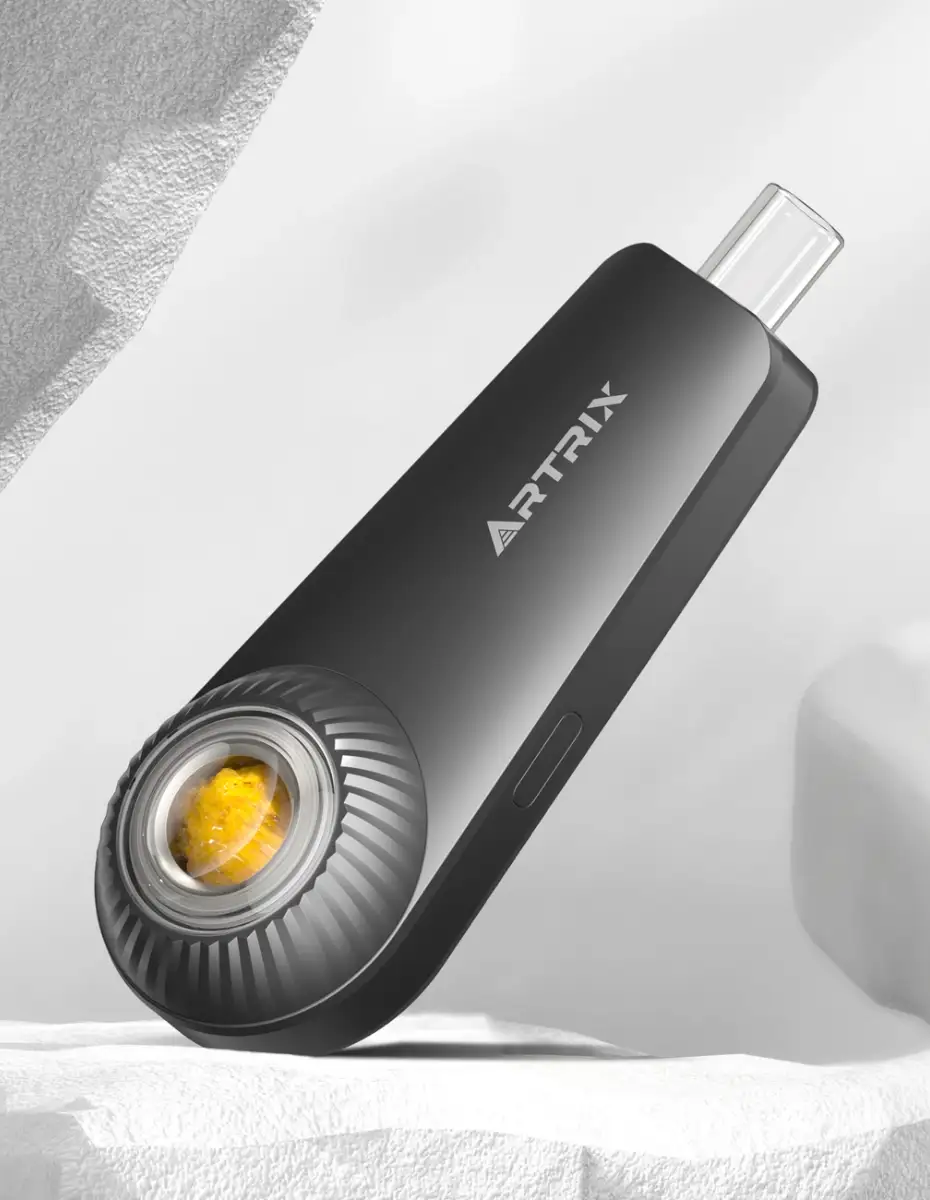The Ultimate Guide of THCA Diamond & How to Use it
Lately, THCa diamond has been making waves among cannabis consumers. Many may know that when THCa is heated, smoked, or vaped, it transforms into THC. In fact, THC is the most famous and well-researched cannabinoid due to its psychoactive properties, it wouldn’t exist without its precursor, THCa. So, what is the difference between THC and THCa, and why is there still so much uncertainty about THCa’s effects?
As you consider purchasing, consuming, or recommending THCa, do you truly understand what it is and how to use it correctly? I’ve compiled a comprehensive guide on THCa to help you navigate its various aspects, ensuring you make safe and effective consumption decisions.
What is THCA Diamond?
Tetrahydrocannabinolic acid (THCA) is a non-psychoactive cannabinoid found in raw and live cannabis. Most of them is crystal-like, that’s why many people called it as THCA Diamond. Unlike THC, which is psychoactive and responsible for the “high” associated with cannabis use, THCA does not produce any intoxicating effects. THCA is the precursor to THC; when cannabis is exposed to heat through smoking, vaping, or cooking, THCA is converted into THC through a process called decarboxylation.
Although abundant in fresh cannabis, THCA diamond is unstable under controlled storage conditions. When exposed to light and/or heat, it readily decarboxylates into THC. In fact, one study found that “THCA decarboxylates even when stored between 4 and 18ºC (39-64ºF), making THC contamination in THCA nearly unavoidable.” This contamination even among pure extracts makes it challenging to determine lab results based solely on THCA.
It’s worth noting that most commercial cannabis products aim to maximize the amount of THC rather than THCA, given the demand for psychoactive effects. However, the potential therapeutic benefits of THCA are driving interest in products that preserve this compound.
For more information, see What is THCa?
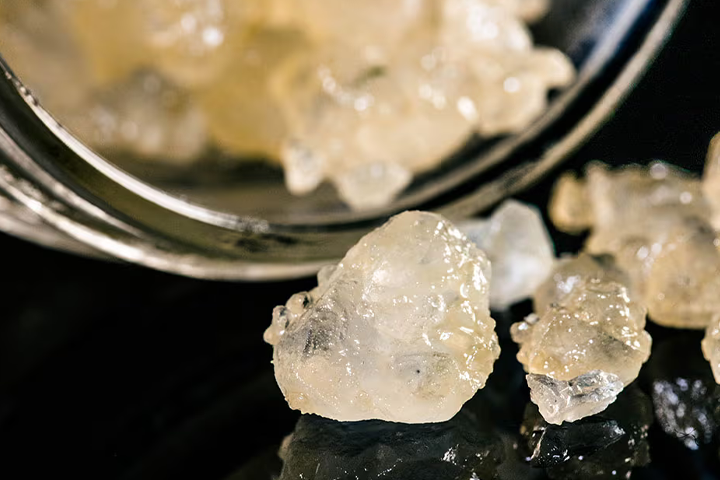
Differences Between THCA Diamond and Other Compounds
Cannabis contains a variety of cannabinoids, each with unique properties and effects. Understanding the differences between THCA diamond and other compounds is crucial for consumers seeking specific therapeutic benefits.
1. THCA vs. THC
The primary difference between THCA and THC lies in their psychoactivity. THCA diamond is non-psychoactive, meaning it does not produce a high. While THC is psychoactive and known for its intoxicating effects. In addition, THCA is found in raw cannabis, whereas THC is present in cannabis that has been decarboxylated (heated).
Many people wonder, “Which one is stronger?” In its natural state, THCA is considered less potent than THC. However, once exposed to heat through smoking, vaping, dabbing, or cooking, THCA undergoes decarboxylation. This process removes a carboxyl ring and converts THCA into THC, which then binds to CB1 receptors in our bodies, resulting in the well-known psychoactive effects.
So why do some people prefer THCA diamond? The answer lies in its ability to offer unique control over the cannabis experience. In its natural state, THCA provides the therapeutic benefits of cannabis without the intoxicating effects, only becoming psychoactive when heated. Additionally, the strategic compliance efforts of THCA producers ensure its legal availability, further enhancing its appeal to consumers.
For more detailed comparisons on differences and potency, refer to THCA vs THC: Understanding Differences, Potency & Vape Picks.
2. THCA vs. Delta-9 THC
Delta-9 THC, commonly referred to simply as THC, is the most well-known psychoactive compound in cannabis. THCA is its acidic precursor, found in raw and live cannabis. To become Delta-9 THC, THCA diamond must undergo decarboxylation, a process triggered by heat, such as smoking, vaping, or cooking. This conversion is crucial for recreational users seeking the euphoric and mind-altering effects associated with THC.
The core difference between THCA and Delta-9 THC lies in their psychoactivity. While Delta-9 THC is responsible for the typical cannabis high, THCA does not produce any intoxicating effects in its natural state. Fresh marijuana plants contain THCA, which, when exposed to heat, converts into Delta-9 THC.
3. THCA vs. Delta-8 THC
Delta-8 THC is another psychoactive cannabinoid, but it is less potent than Delta-9 THC. It provides a milder high and is often preferred by users who experience anxiety or paranoia with Delta-9 THC. THCA diamond, being non-psychoactive, differs significantly from both Delta-8 and Delta-9 THC in its effects.
THCA is the acidic precursor to Delta-9 THC, the main psychoactive component of cannabis. To become psychoactive, THCA must be decarboxylated (heated) to convert into Delta-9 THC. In contrast, Delta-8 THC is derived from Delta-9 THC through a chemical reaction. Structurally, Delta-8 THC is similar to Delta-9 THC but with a double bond on the 8th carbon instead of the 9th.
Although Delta-8 THC is psychoactive, it is reported to be less potent and less anxiety-inducing than Delta-9 THC, though individual experiences may vary. In summary, while THCA is the non-psychoactive precursor to Delta-9 THC, Delta-8 THC is a distinct form of THC that provides a different psychoactive experience.
4. THCA vs. THCP
Tetrahydrocannabiphorol (THCP) is a potent cannabinoid that is relatively new to the cannabis world, discovered in 2019 by Italian scientists analyzing various cannabis strains. THCP is structurally similar to traditional THC but with one key difference: it has a longer alkyl side chain. This extended chain allows THCP to bind more tightly with cannabinoid receptors, resulting in significantly more potent effects. Researchers believe THCP to be up to 33 times more powerful than THC.
Unlike THCA diamond, THCP is not abundantly found in the cannabis plant. Its concentrations are so low that they are almost undetectable. Despite its potency, users should dose THCP with caution. Taking too much can lead to severe euphoria, couchlock, anxiety, and paranoia. It’s advisable to start with a low dose and gradually increase it to avoid adverse effects.
Both THCA and THCP can enhance relaxation and reduce physical discomfort. However, THCP also has strong euphoric and psychoactive properties. In its raw form, THCA is non-euphoric. When heated, it converts to THC, which is psychoactive but still not as potent as THCP.
For further distinctions and to find out which compound is right for you, see THCA vs Other Compounds: Which One is Right for You.
THCA vs. THC Potency Comparison
The potency and effects of THCA and THC differ significantly, making each suitable for different consumer needs.
1. Psychoactive Potency
THCA diamond is non-psychoactive, meaning it does not produce a high. In contrast, THC is highly psychoactive and its potency varies depending on the strain and method of consumption. THC generally produces significant psychoactive effects, which can be desirable for recreational use or for those seeking its mind-altering properties. THCA, on the other hand, is an attractive option for individuals seeking the therapeutic benefits of cannabis without the high.
2. Therapeutic Potency
Both THCA and THC offer therapeutic benefits, but they affect the body in different ways. THCA is known for its anti-inflammatory, anti-emetic, and neuroprotective properties, making it useful for managing conditions like arthritis, nausea, and neurodegenerative diseases. THC is commonly used for pain relief, appetite stimulation, and muscle spasticity. Understanding these differences can help patients choose the right cannabinoid for their specific needs.
3. Conversion and Potency
When THCA is heated, it converts to THC. The efficiency of this conversion can significantly impact the potency of the final product. Proper decarboxylation is essential to maximize THC yield from THCA-rich cannabis. This conversion process is crucial for users who wish to control the psychoactive effects of their cannabis products.
For more on how THCA affects the body and its conversion to THC, see Understanding THCA: How It Affects Your High.
Different Forms and Methods of Consuming THCA
THCA is available in various forms, each suited for different consumption methods and purposes. Understanding these forms and how to use them can help you maximize the benefits of THCA.
1. THCA Flower
THCA flower is raw cannabis that has not been decarboxylated. It can be used in smoothies, salads, or other raw preparations to harness its non-psychoactive benefits. When smoked or vaped, the THCA in the flower converts to THC, producing psychoactive effects. This versatility allows users to enjoy the benefits of THCA in multiple ways.

Hemp Living – THCA Flower 7g Jar – Monkey Pie
2. THCA Diamonds
THCA diamonds are highly purified THCA crystals. They are often used in dabbing or vaporizing, where they can be decarboxylated to produce a potent THC experience. THCA diamonds are prized for their purity and high concentration of cannabinoids, making them a popular choice for experienced users.

Elyxr 99% THC-A Diamond Dabs
3. THCA Edibles
THCA can be infused into various edible products, such as gummies, chocolates, or capsules. These products are consumed without heating, allowing users to benefit from THCA’s non-psychoactive properties. Edibles offer a discreet and convenient way to consume THCA, particularly for medical patients.

Elyxr One & Gone THCa Blend Gummies
4. THCA Concentrates
Concentrates such as THCA live rosin or hash offer high potency and are used in dabbing or vaporizing. They provide a concentrated dose of THCA, which can be converted to THC through heat. Concentrates are ideal for users seeking a powerful and efficient way to consume cannabinoids.

FrozenFields THCA Live Rosin 1G
5. THCA Vapes
THCA can be consumed through vaping, which allows for efficient conversion to THC. Vaping devices are designed to heat the THCA without combustion, preserving the cannabinoids’ integrity and providing a smooth experience. Vaping is a popular choice for those seeking quick and effective relief from symptoms.

Hemp Living – PRESTIGE Dab Disposable – 0.5g THCA Pure Live Hash Rosin
For a comprehensive guide on different forms of THCA, visit Your Comprehensive Guide to Various Forms of THCA.
Specific Methods of Consuming THCA Diamond
Understanding how to use THCA effectively can help you maximize its benefits.
1. Raw Consumption
One of the simplest ways to consume THCA is in its raw form. Adding raw cannabis leaves or buds to smoothies, salads, or juices can provide a healthy dose of THCA. This method ensures that you receive the full benefits of THCA without any psychoactive effects.
2. Topical Applications
THCA can also be used topically. Creams, balms, and lotions infused with THCA can be applied directly to the skin to target localized pain and inflammation. This method is particularly useful for conditions like arthritis or muscle soreness.
3. Tinctures and Oils
THCA tinctures and oils are versatile and easy to use. They can be taken sublingually (under the tongue) for fast absorption or added to food and beverages. Tinctures offer precise dosing and are a convenient way to incorporate THCA into your daily routine.
4. Vaporizers and Dabbing
For more information on THCA vapes, refer to Exploring the World: Top THCA Vapes.
By understanding the various forms of THCA and their specific consumption methods, you can tailor your approach to suit your needs and preferences, ensuring a safe and effective experience.
Benefits of THCA Diamond
THCA offers a range of potential health benefits, making it a promising compound for therapeutic use. Here are some of its key benefits:
1. Anti-Inflammatory Properties
THCA has demonstrated strong anti-inflammatory properties, which can be beneficial for conditions such as arthritis, inflammatory bowel disease, and other inflammatory disorders. By reducing inflammation, THCA helps alleviate pain and improve the quality of life for individuals suffering from these conditions.
2. Neuroprotective Effects
Research indicates that THCA has neuroprotective properties, meaning it can help protect nerve cells from damage and degeneration. This makes it a potential treatment for neurodegenerative diseases like Alzheimer’s, Parkinson’s, and multiple sclerosis.
3. Anti-Emetic Benefits
THCA is known for its anti-emetic properties, making it effective in reducing nausea and vomiting. This can be particularly beneficial for patients undergoing chemotherapy or those suffering from chronic gastrointestinal disorders.
4. Antioxidant Activity
THCA possesses antioxidant properties, which help neutralize harmful free radicals in the body. This can prevent cellular damage and reduce the risk of chronic diseases, including heart disease and cancer.
5. Appetite Stimulation
Like THC, THCA can stimulate appetite, which is beneficial for individuals with conditions that cause a loss of appetite, such as cancer, HIV/AIDS, or severe chronic illnesses.
6. Pain Relief
THCA may provide pain relief, particularly for chronic pain conditions. Its anti-inflammatory and analgesic properties make it a viable option for managing pain without the psychoactive effects of THC.
For more information on the therapeutic benefits of THCA, visit Understanding THCA: How It Affects Your High.
Is THCA Diamond Dangerous?
The safety profile of THCA is generally considered to be favorable, but it is essential to understand both its potential risks and benefits.
1. Potential Side Effects
THCA is non-psychoactive and does not produce the intoxicating effects associated with THC, significantly reducing the risk of adverse effects like anxiety, paranoia, or impaired cognitive function. However, some individuals might experience mild side effects, such as dry mouth, dizziness, or digestive discomfort, particularly if consumed in large amounts.
2. Toxicity and Safety
Current research suggests that THCA is non-toxic and safe for consumption. Unlike THC, THCA does not bind strongly to cannabinoid receptors in the brain, which minimizes the risk of psychoactive side effects. Nonetheless, as with any supplement or medicinal product, it is crucial to use THCA responsibly. Consulting with a healthcare provider is advisable, especially if you have underlying health conditions or are taking other medications.
Choose Better to Improve Your Experience
THCA is a versatile cannabinoid with numerous therapeutic benefits. Understanding its properties, legal status, and various forms can help users make informed decisions about its use. Whether consumed raw for its non-psychoactive benefits or heated to convert into THC, THCA offers a unique way to experience the potential of cannabis.
By staying informed and using THCA responsibly, individuals can harness its therapeutic potential while minimizing risks. THCA provides promising avenues for wellness and medicinal use, offering benefits such as anti-inflammatory relief and neuroprotective effects. Whether you are exploring different cannabis products or seeking specific health benefits, THCA can be a valuable addition to your regimen.
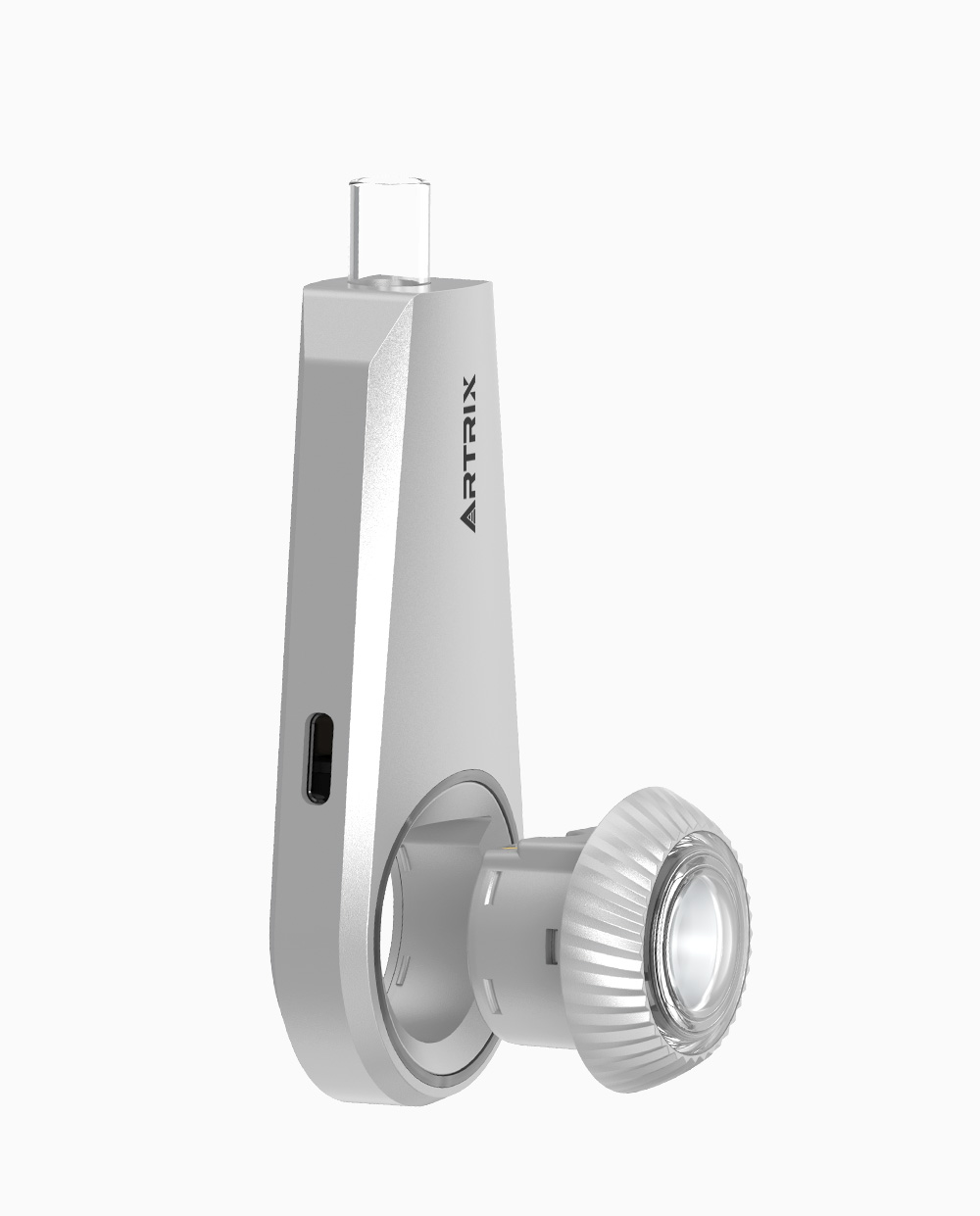
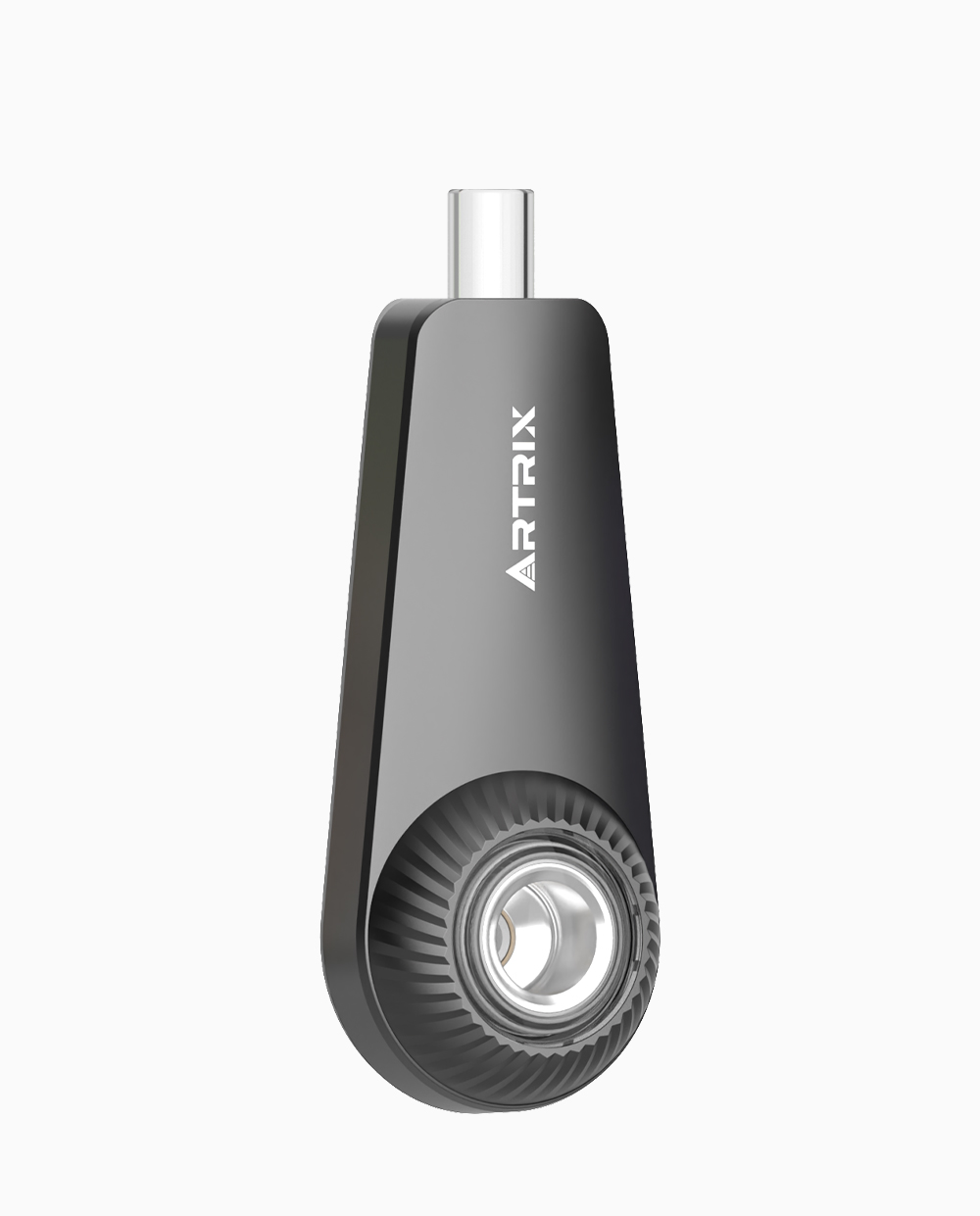
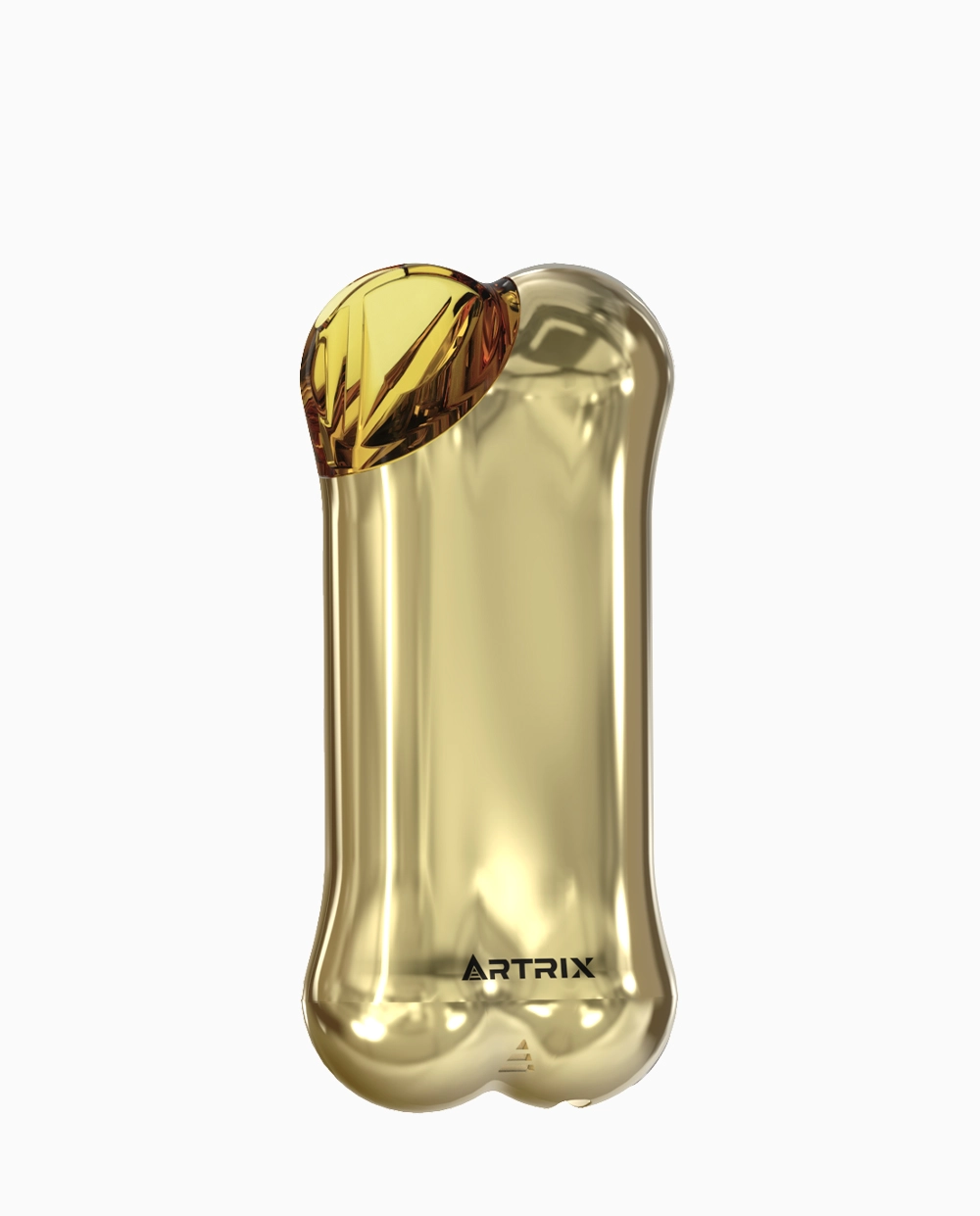
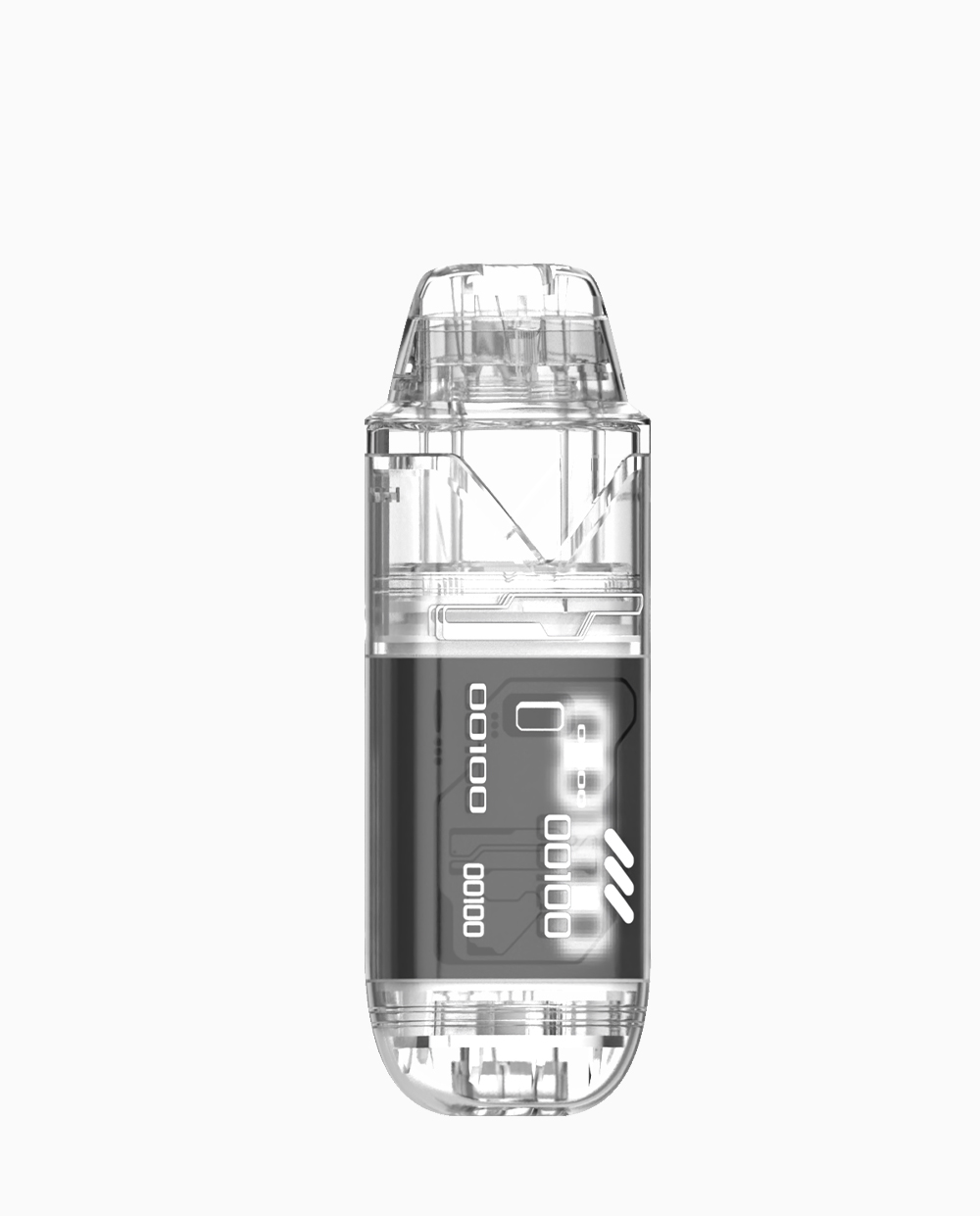
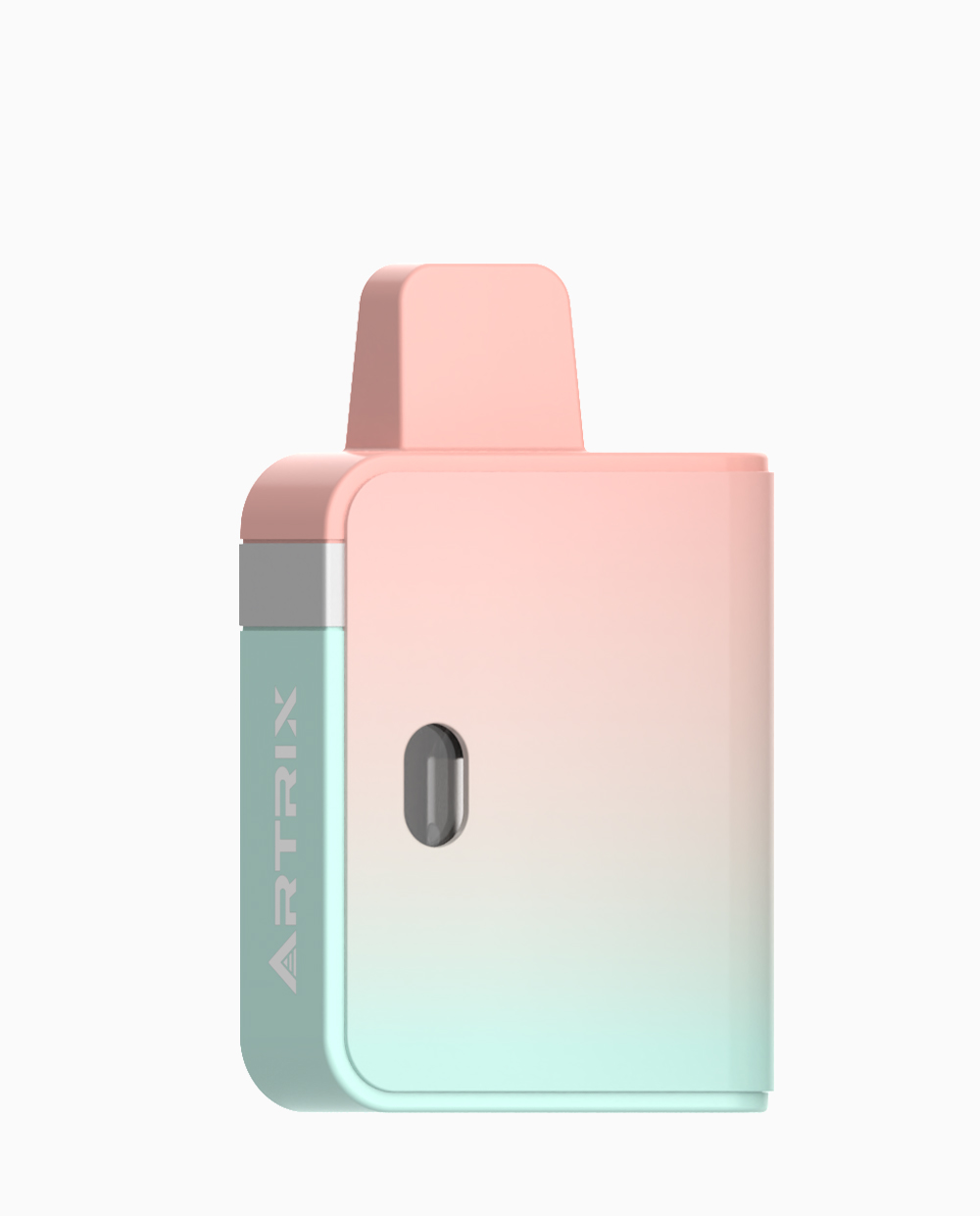

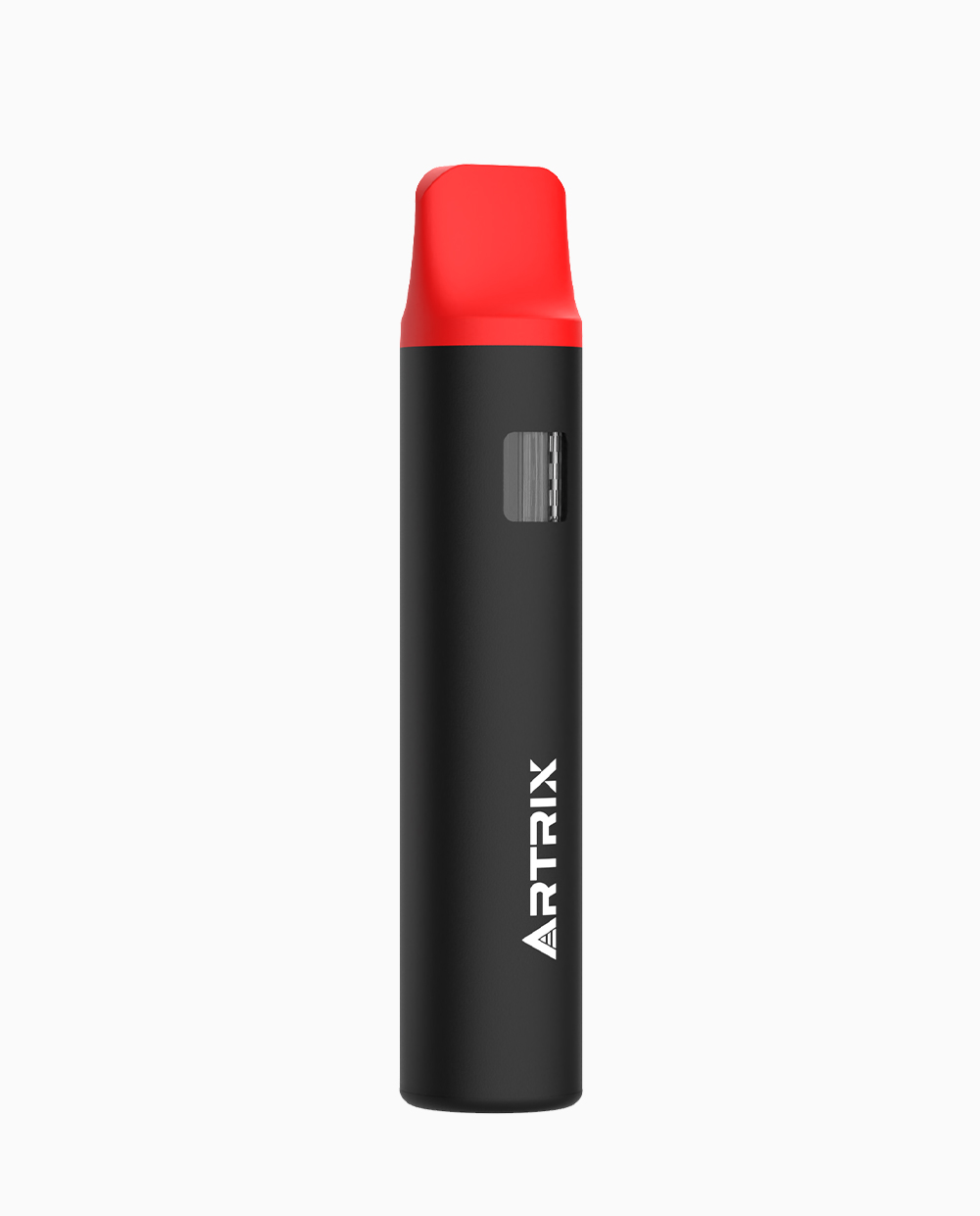
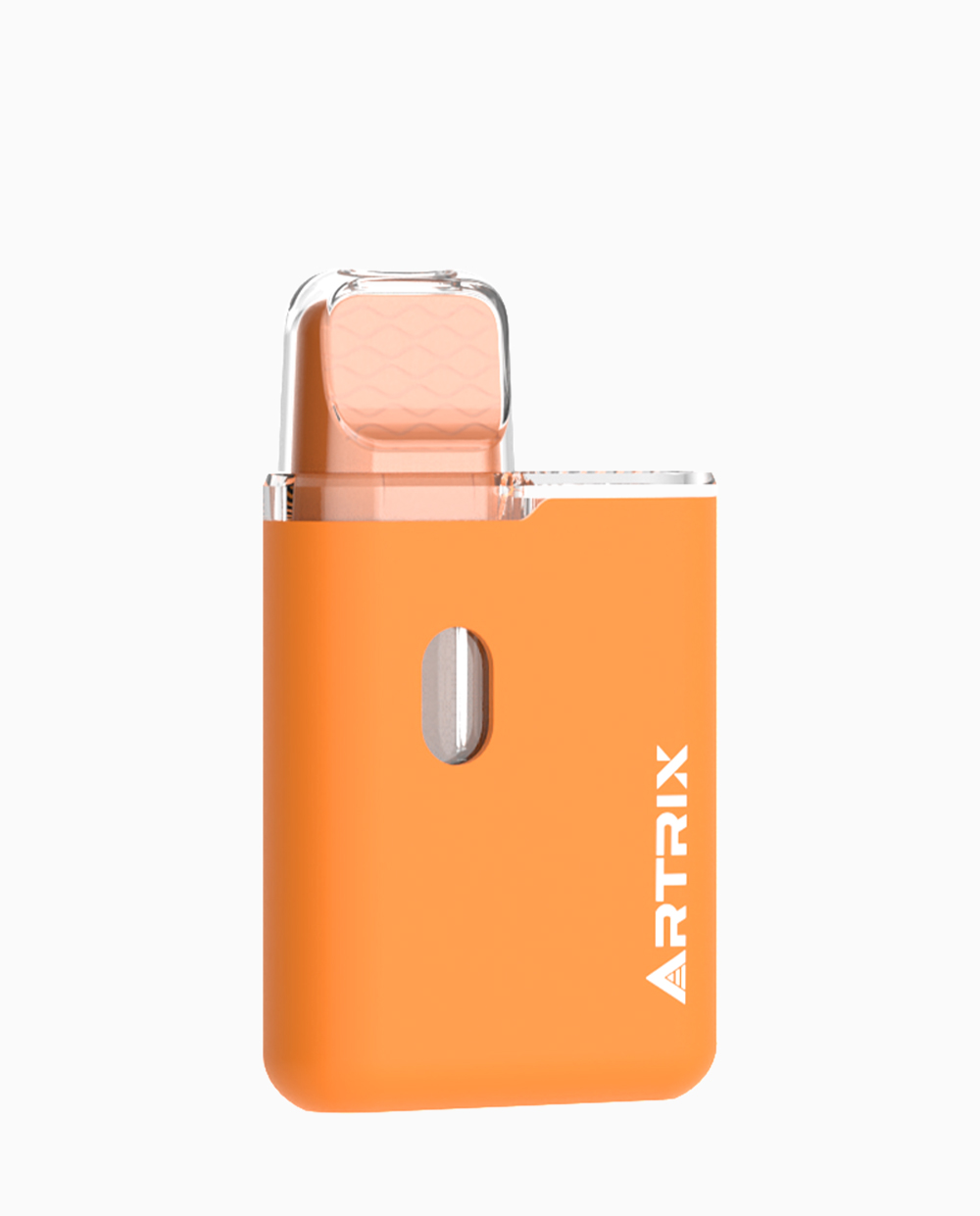
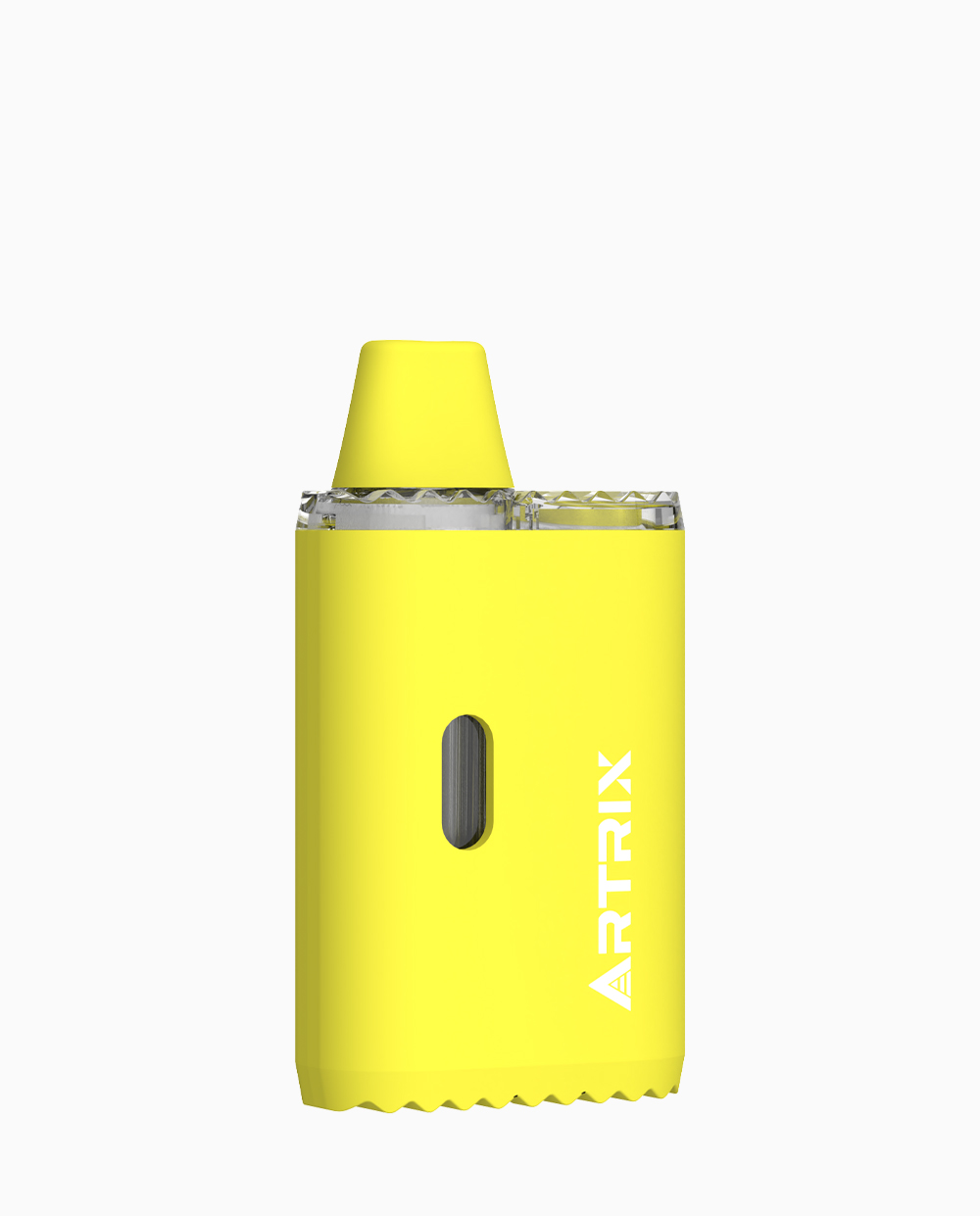
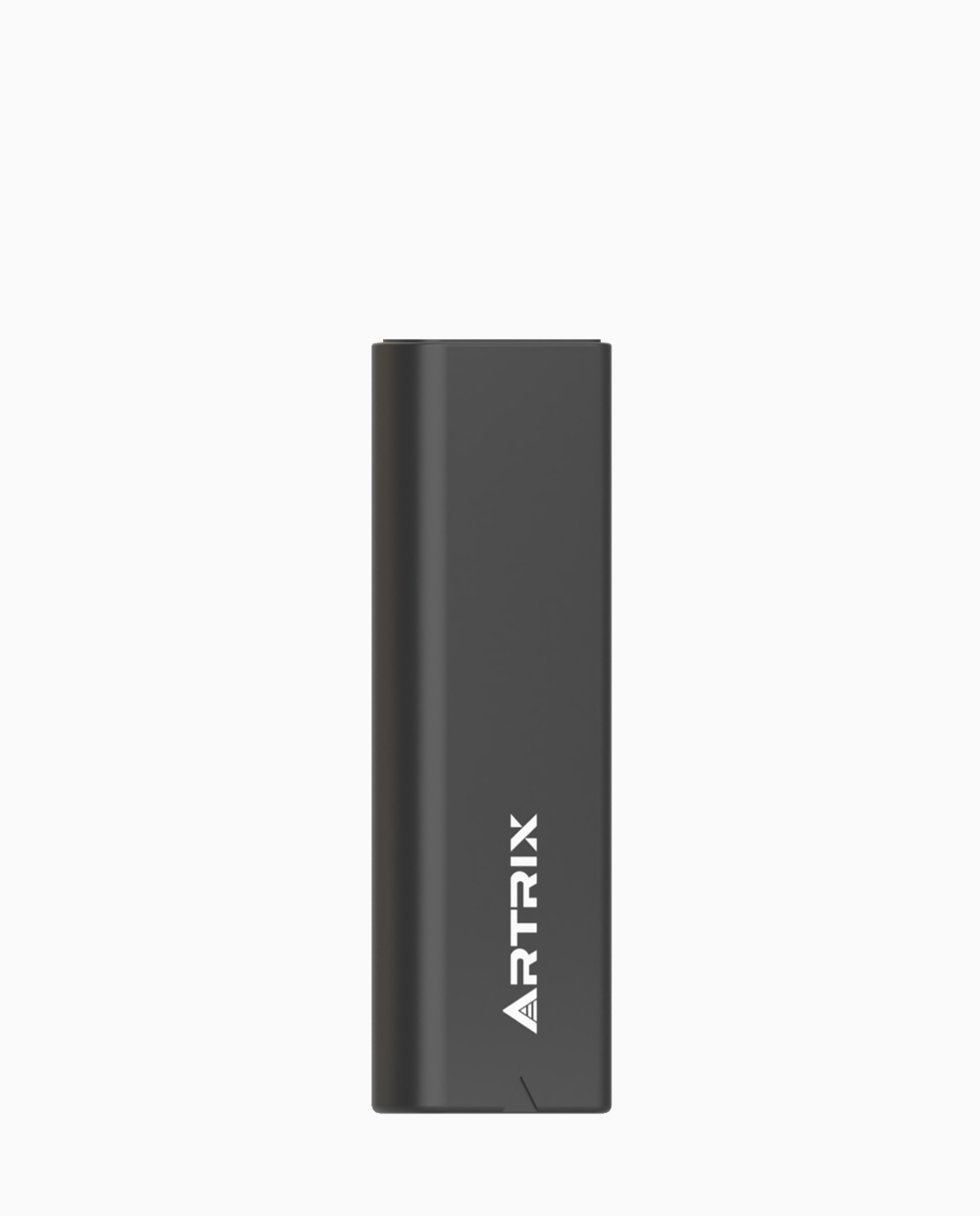
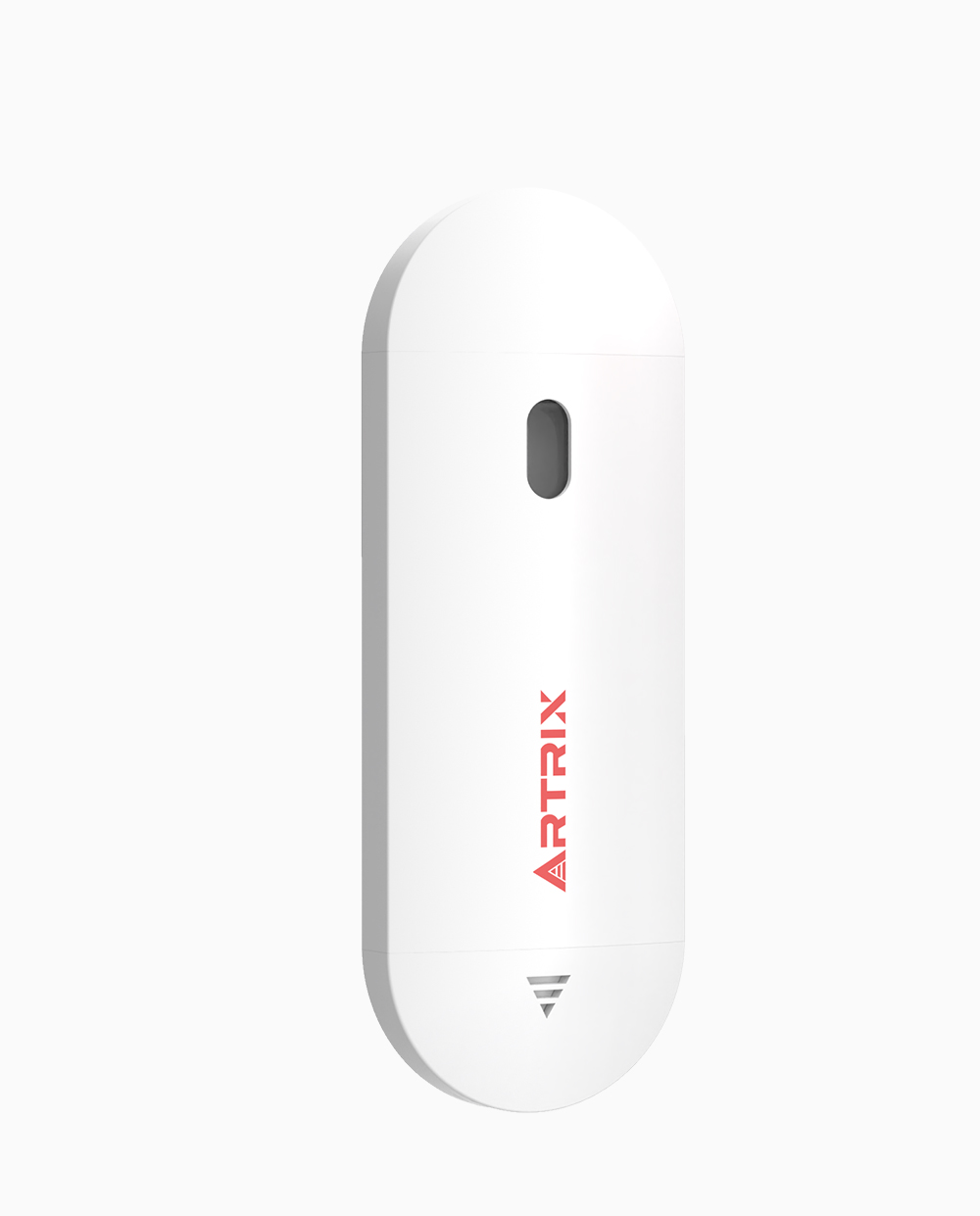



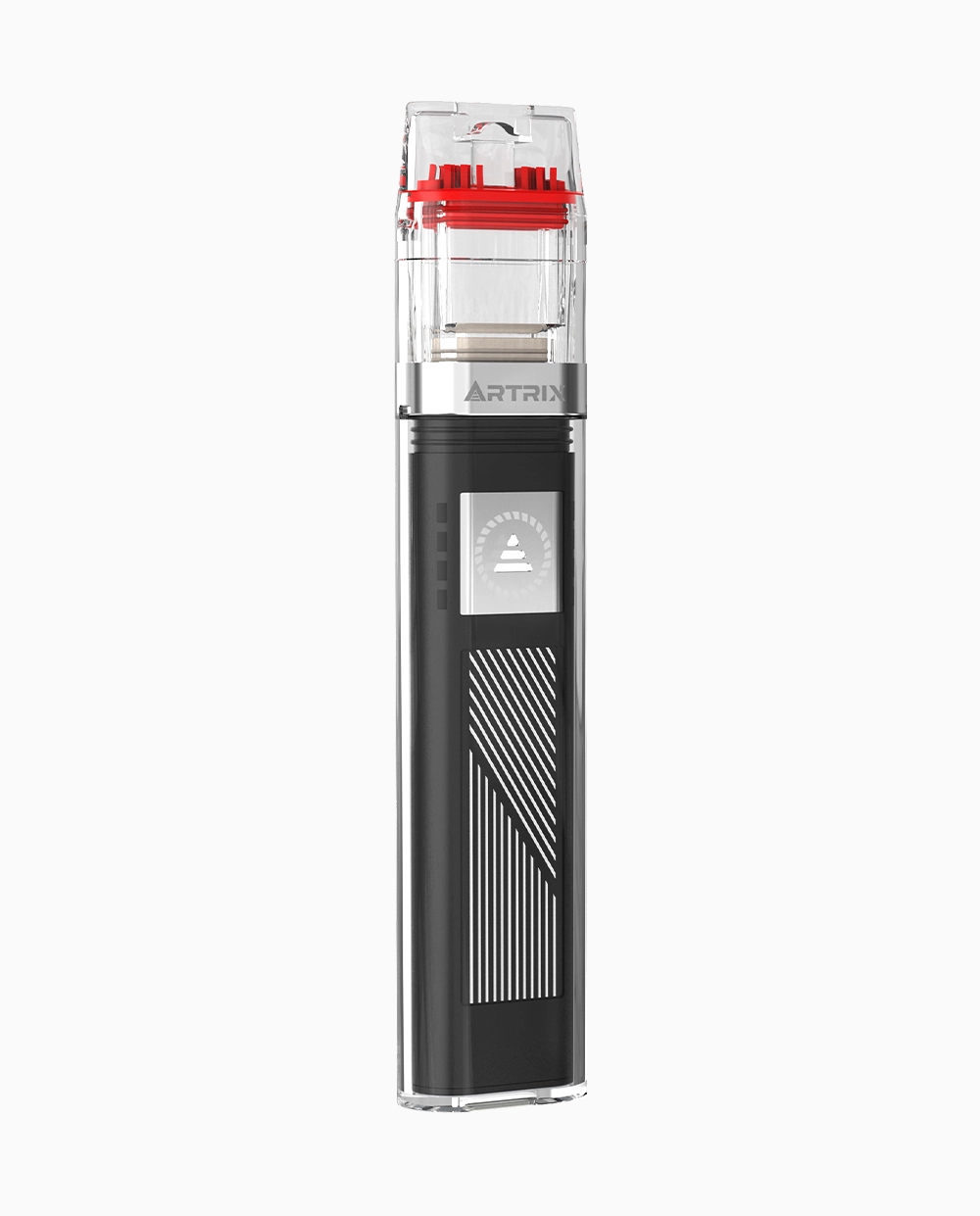
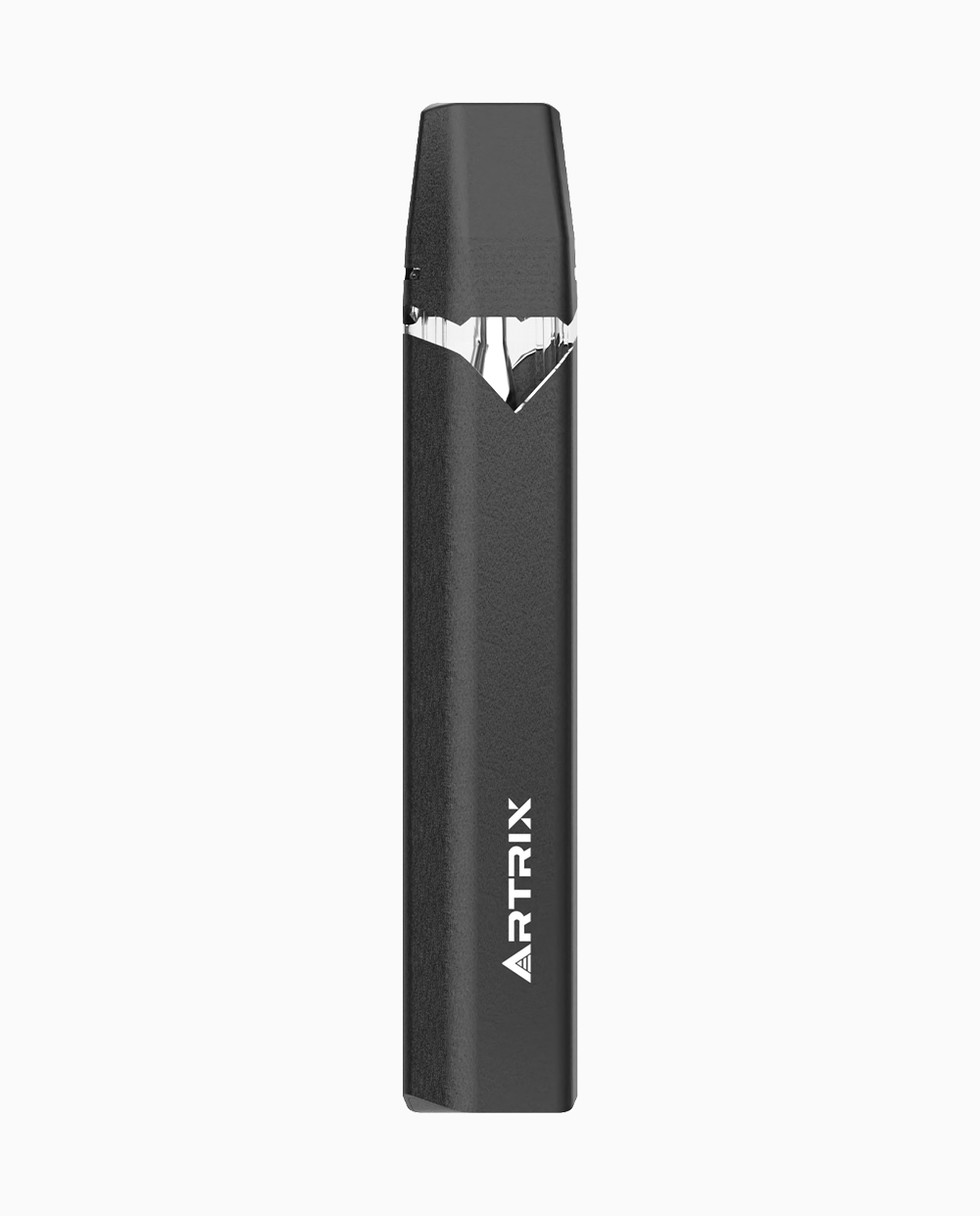
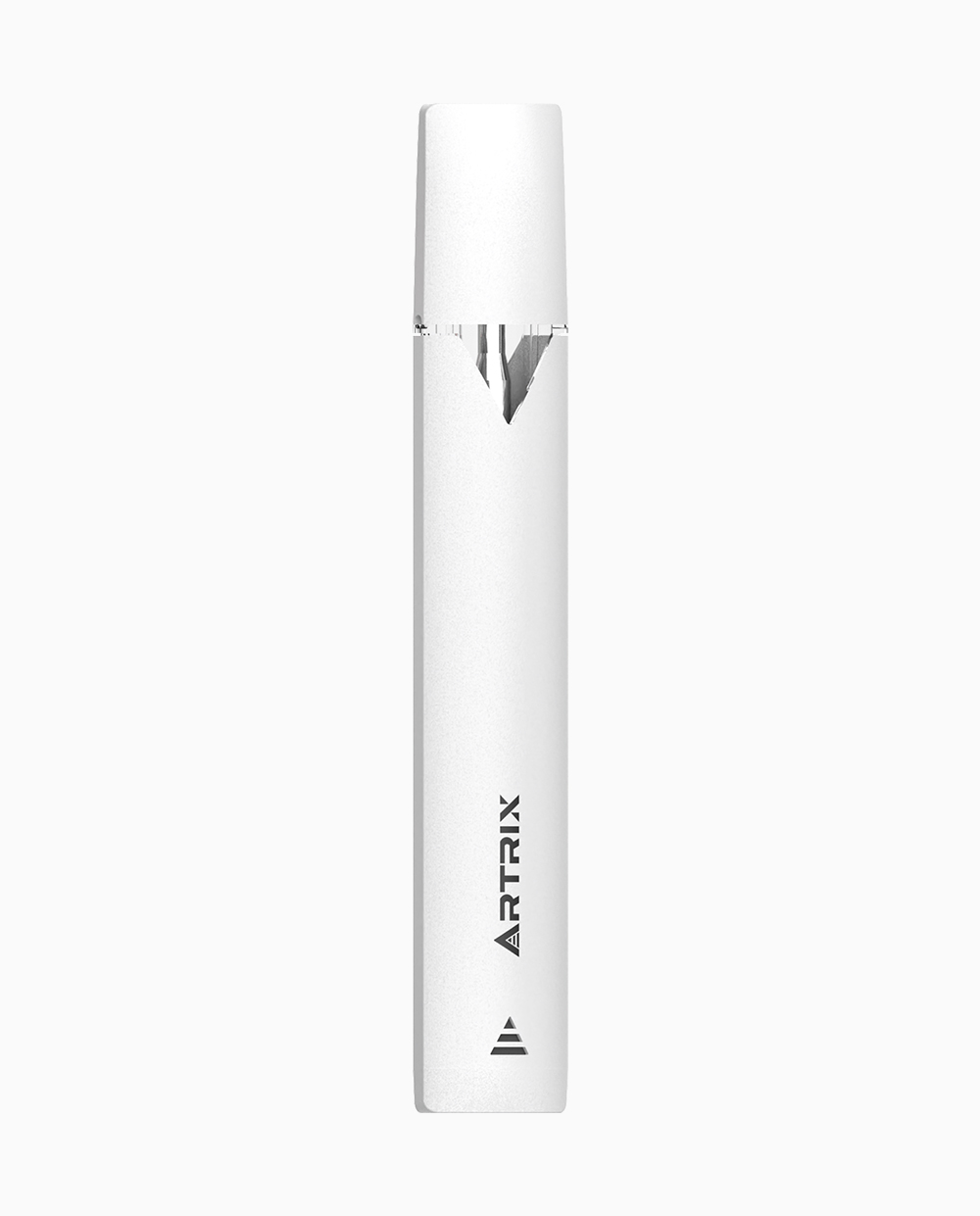
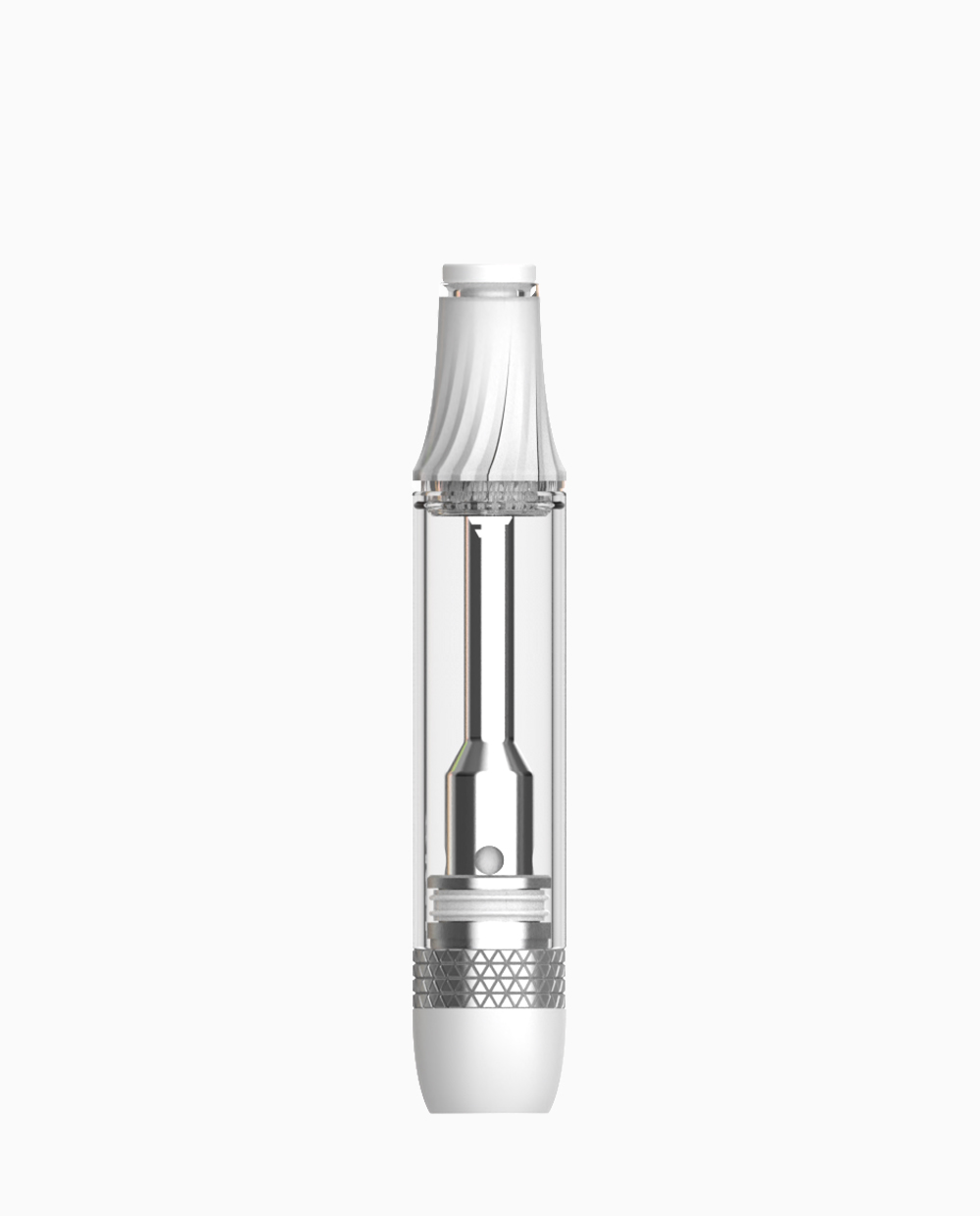

-1.webp)
-1.webp)
-2.webp)


